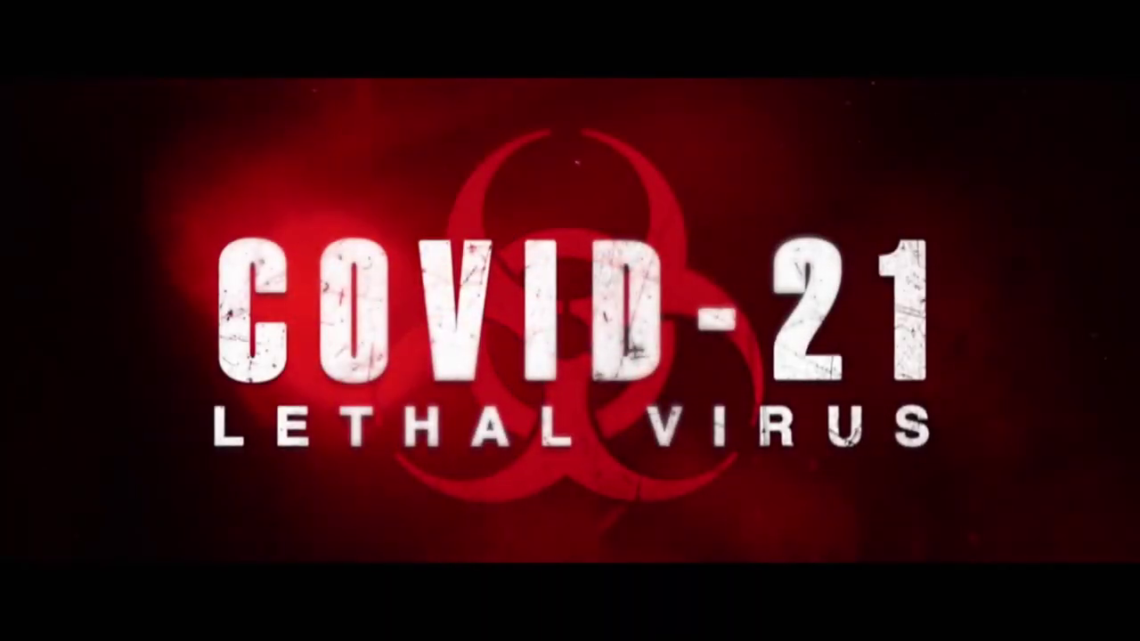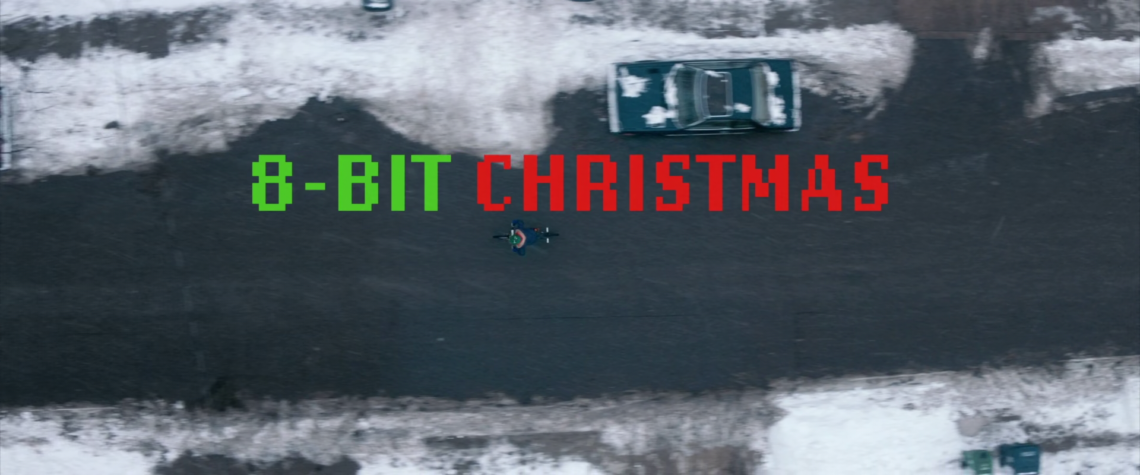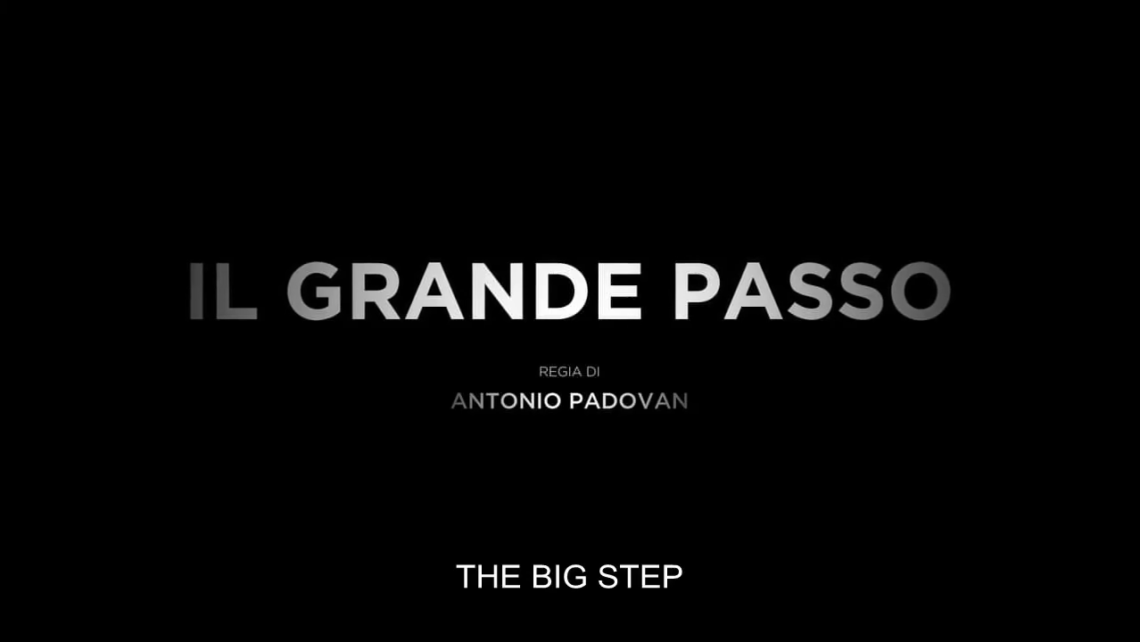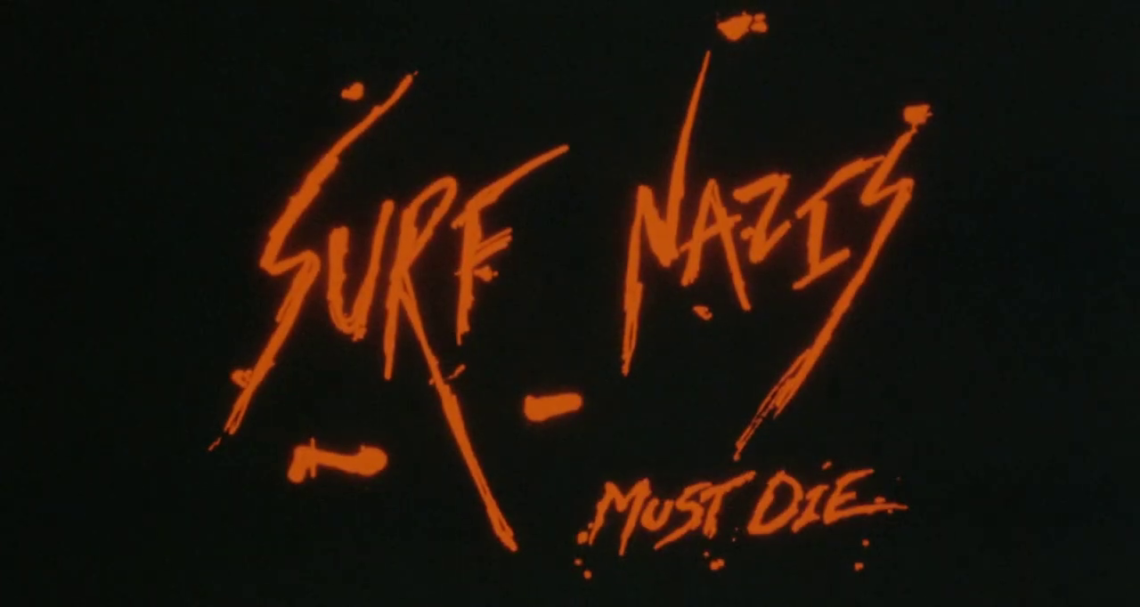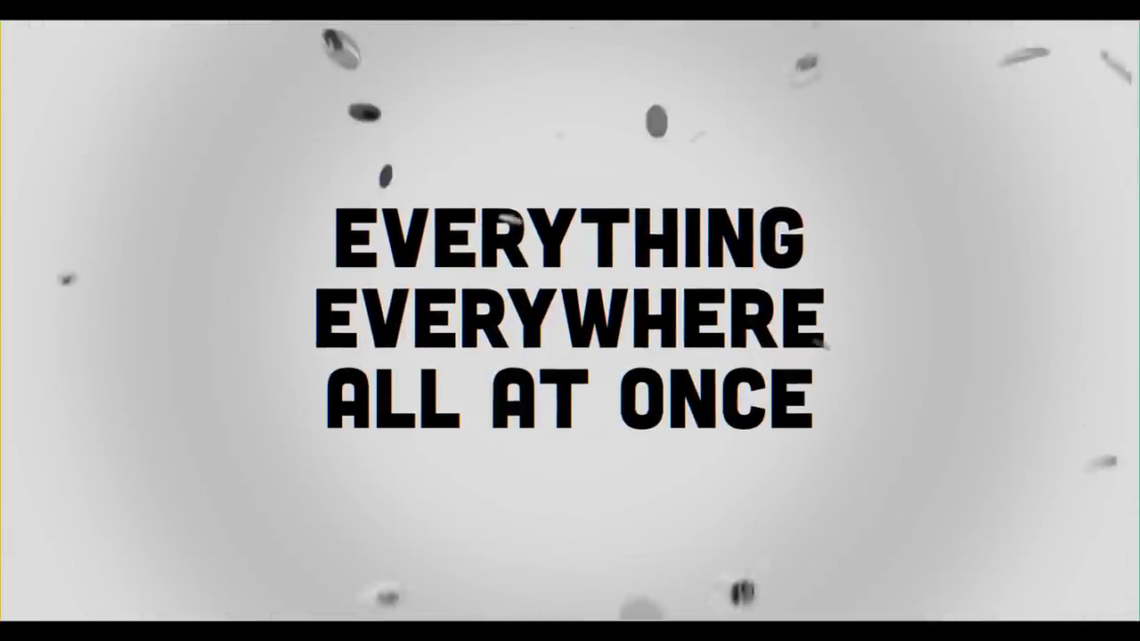-
#591 – Covid-21: Lethal Virus (2021)
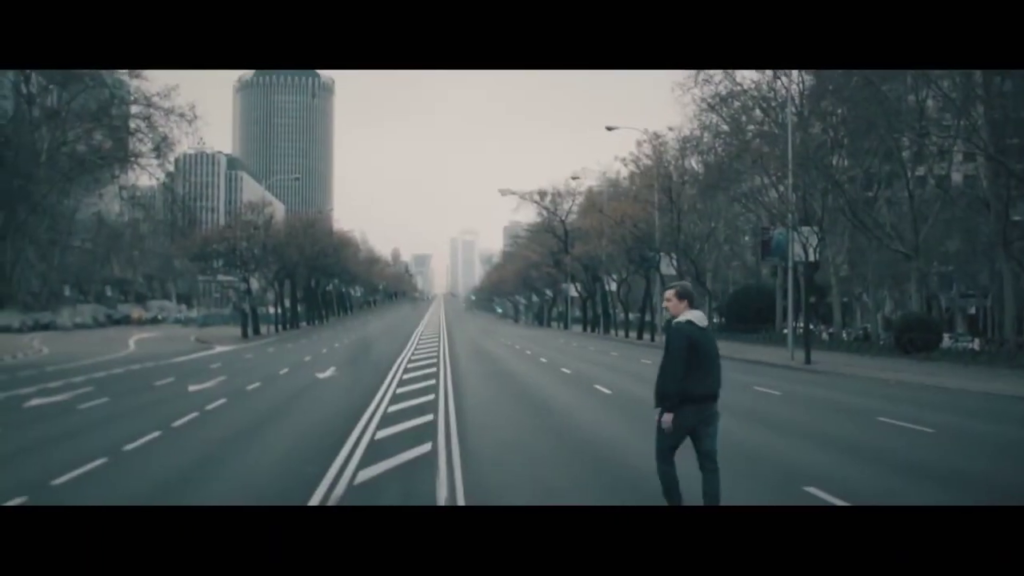
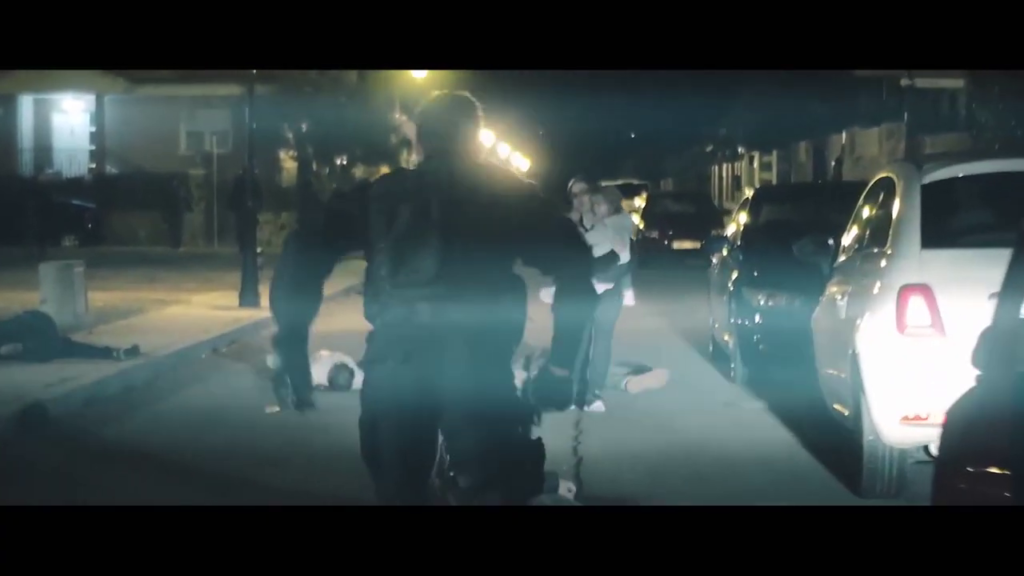
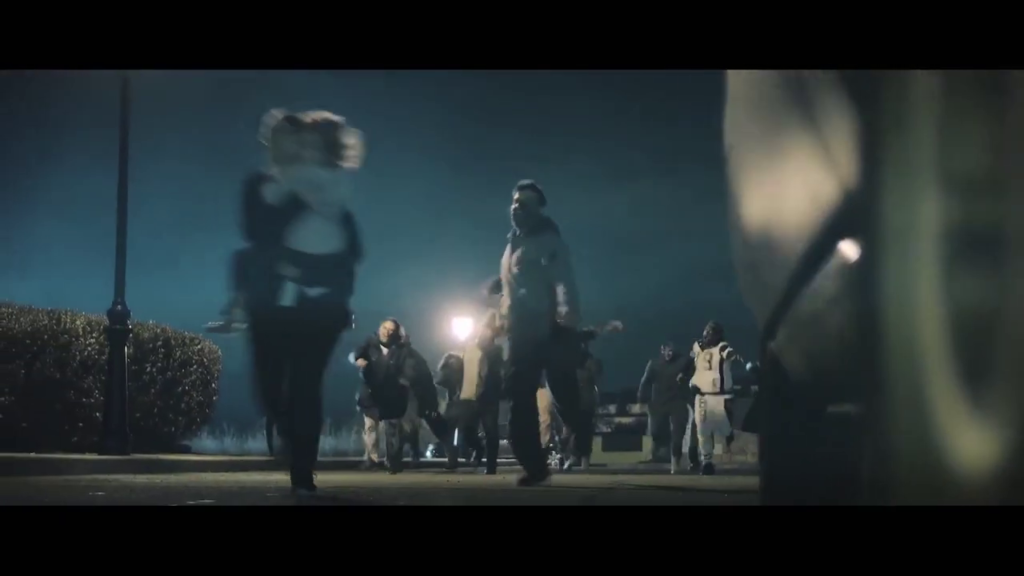
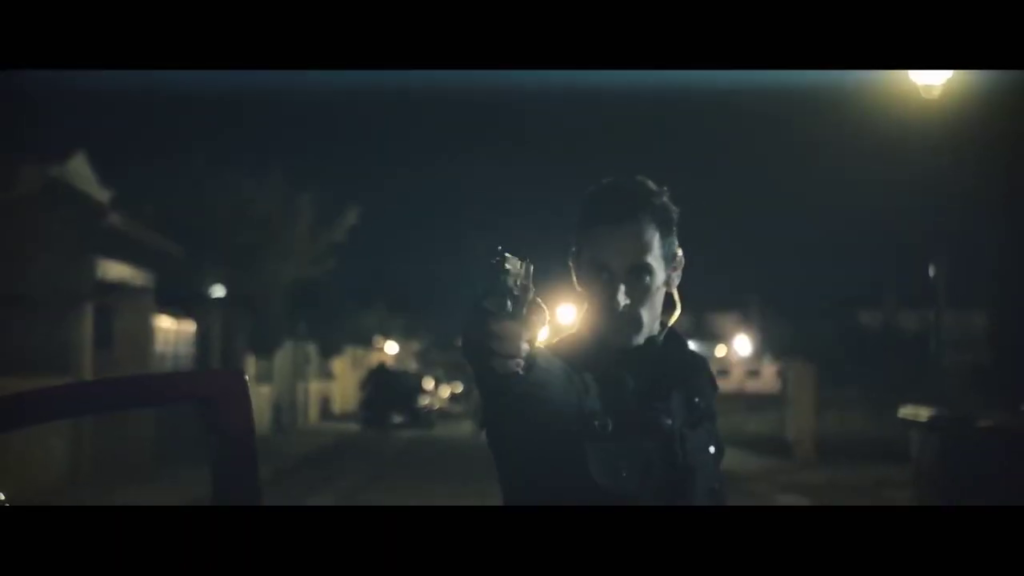
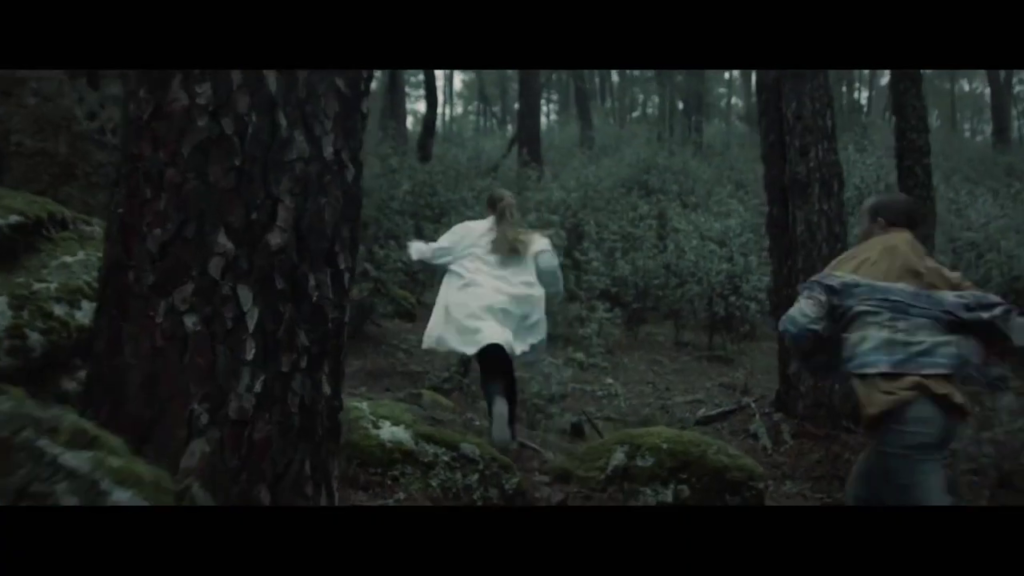
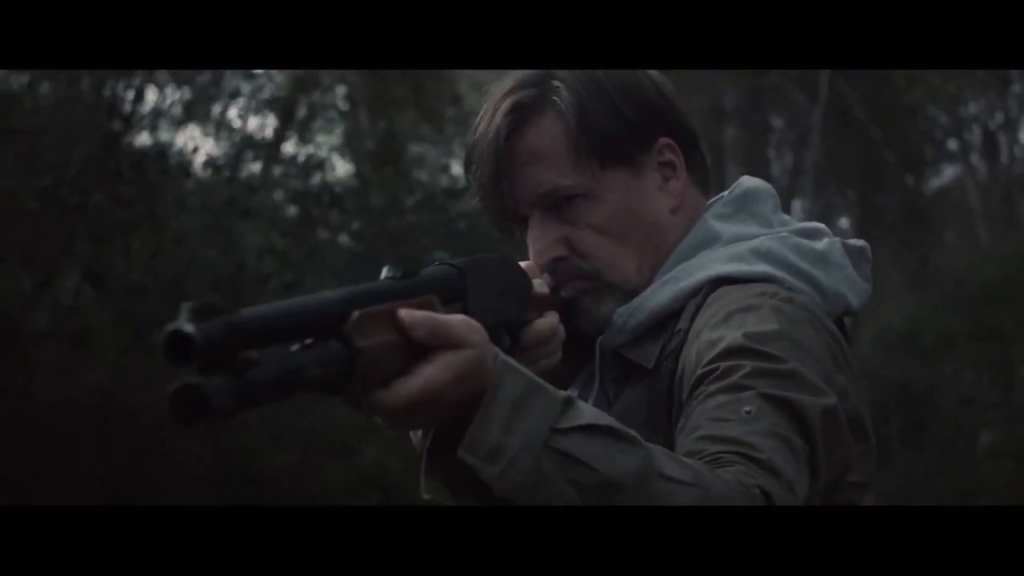
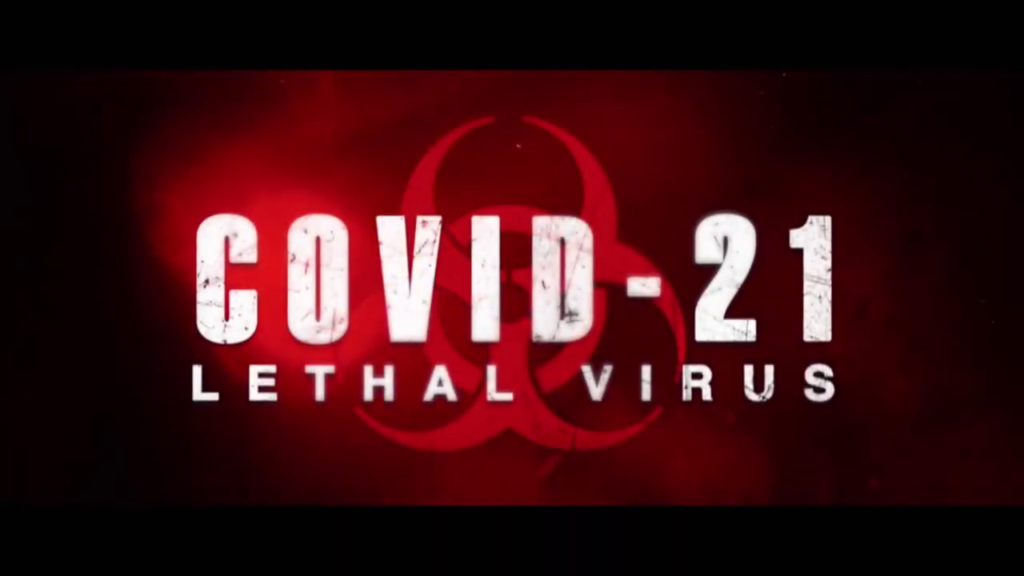
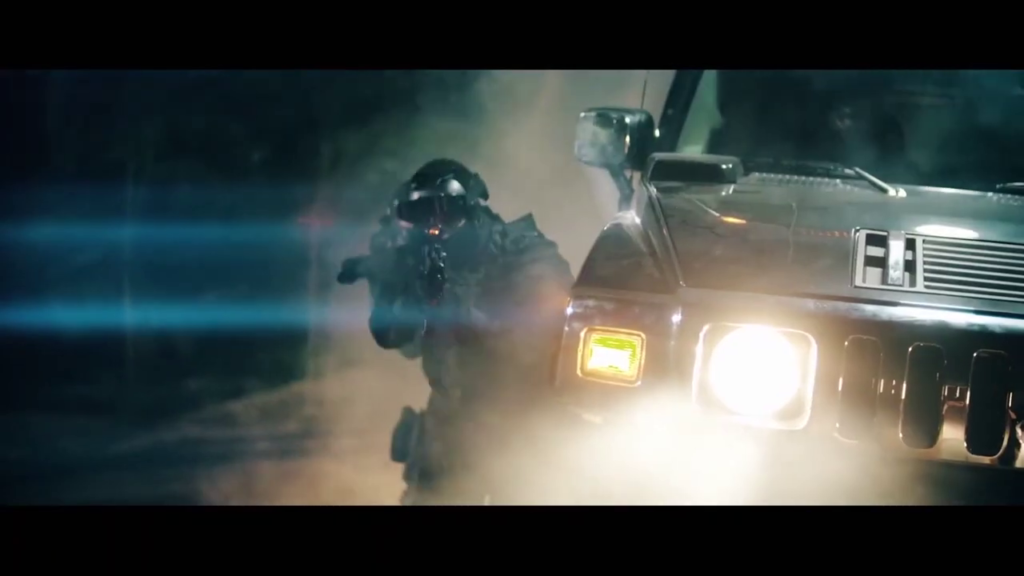
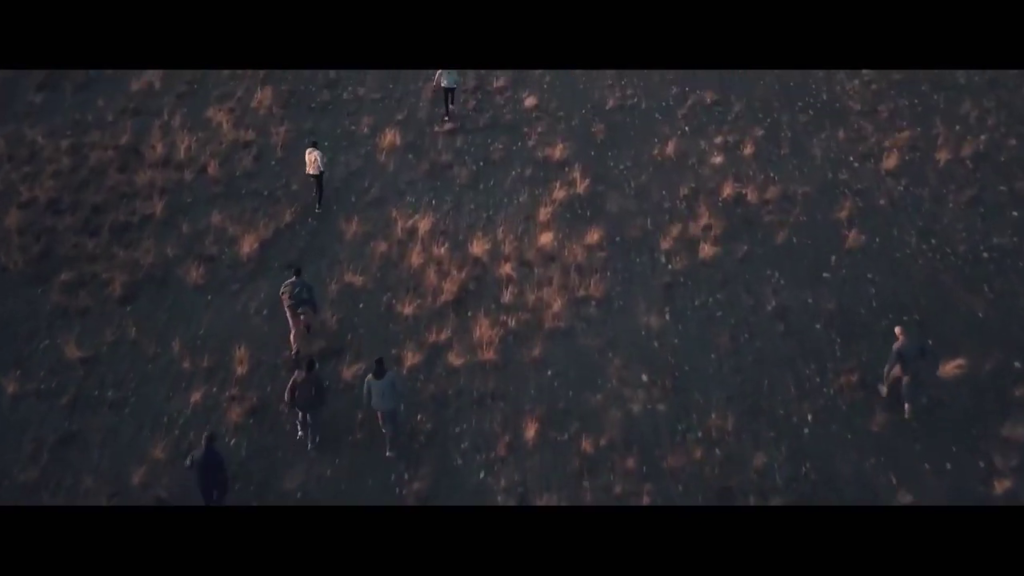
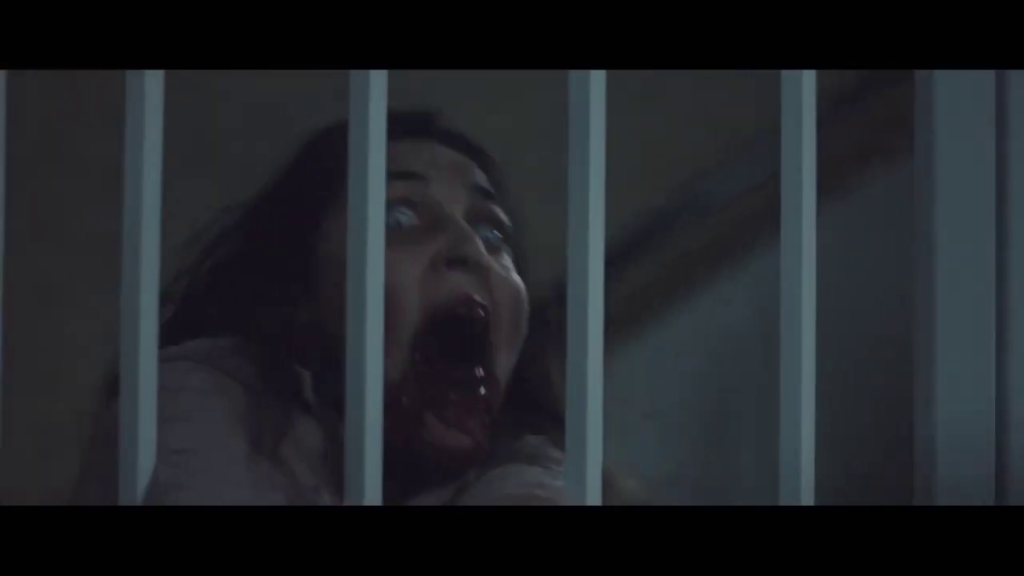
Covid-21: Lethal Virus (2021)
Film review #591
Director: Daniel Hernández Torrado
SYNOPSIS: After a new strain of Covid turns most people into zombies, a biochemist is travelling to a laboratory to work on a cure when her convoy is attacked by zombies. She runs into a lone survivor, who begrudgingly accompanies her, and the two have to survive the harsh countryside overrun with zombies…
THOUGHTS/ANALYSIS: Covid-21: Lethal Virus is a 2021 zombie film. It is also (perhaps unsurprisingly) part of a host of covid-zombie movies that appeared around this time. The film revolves around a typical zombie plot (with a covid twist): the melting of polar ice has released an ancient super strain of covid that turns people into zombies. Following on from that statement which should never be uttered, we have the typical post-apocalypse world where the survivors have to avoid becoming undead themselves. Into this unoriginal setup we have a biochemist named Allyson, who is being escorted to a secret lab where she will be able to develop a cure. Unfortunately, her convoy is attacked by zombies, and because no one in this film has ever seen a zombie film before, the convoy is overrun and Allyson has to make it to the lab on her own. Well, until she runs into Scott, an angry loner who sort of accompanies her to argue all the way. The story consists mostly of this bickering and occasionally hacking away at some zombies, without any real direction or development. There’s nothing original or interesting about this post-apocalyptic world, and it’s all been done before in better films. The use of “covid” as part of the premise is irrelevant, as this “super strain” is only mentioned off-hand in dialogue once, and was probably only put in to promote the film.
The characters are all dull and unlikable: apart from Allyson and Scott and their distinct lack of any chemistry, there’s also two random soldier guys who are walking through the woods too, whose little side-story has no real purpose other than to shove some more action scenes in, I suppose. But again, the lack of any originality makes it uninteresting. All of this is supplemented by some poor acting and flat deliveries, and there are points where the actors clearly mess up their lines. The little twist at the end doesn’t really add much when the characters always feel disposable and without purpose anyway.
The production as a whole feels very unprofessional, with horrid, shaky, close-up shots that make it difficult to follow what is going on (and to avoid paying for backgrounds and sets), the colours are all dull and washed out, and the lighting is haphazard and nonsensical. I know you can’t be too judgmental when it’s an obvious low budget film, but there’s still a lot more that could have been done with what they had. There’s nothing to recommend Covid 21: Lethal Virus in any way: it’s unoriginal, unprofessional, unstructured, and any enjoyment you might get out of it being a “bad” film is scuppered by it being just so incredibly dull. Avoid.
-
#590 – 8-Bit Christmas (2021)
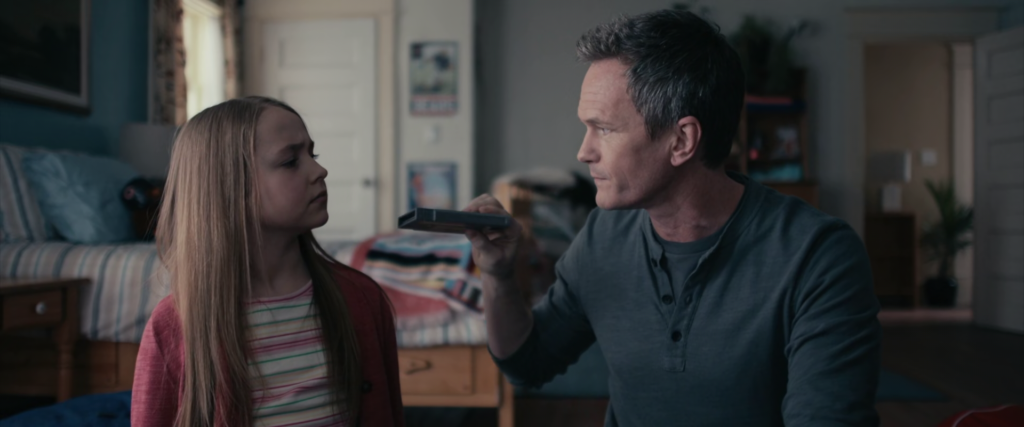
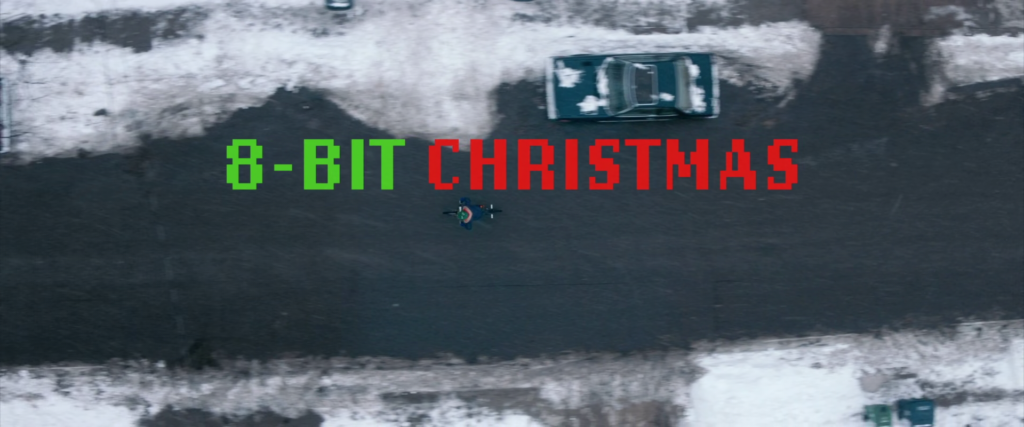
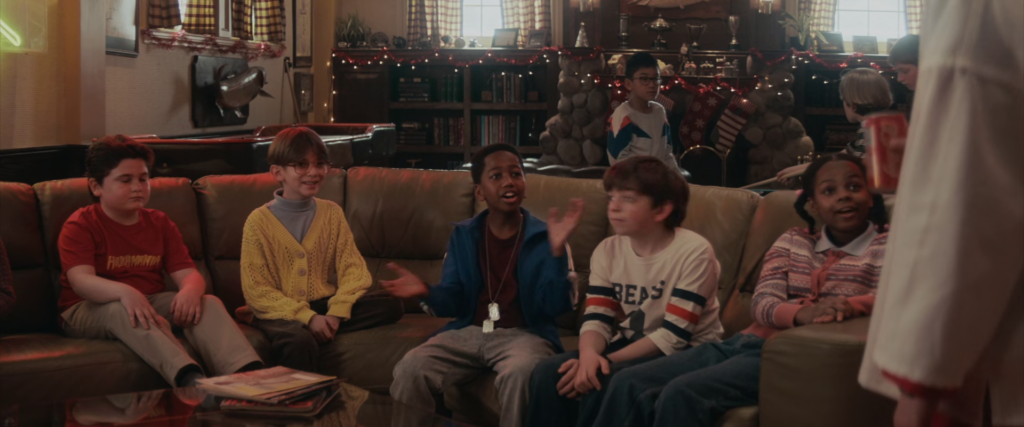
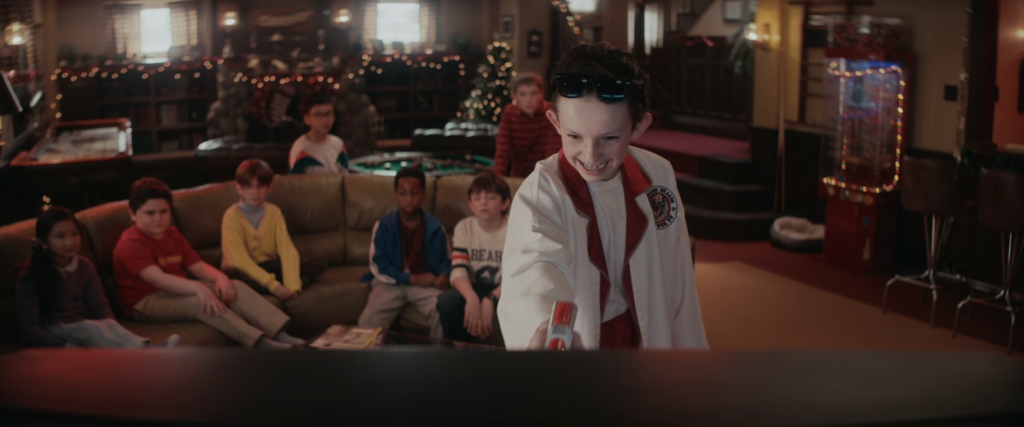
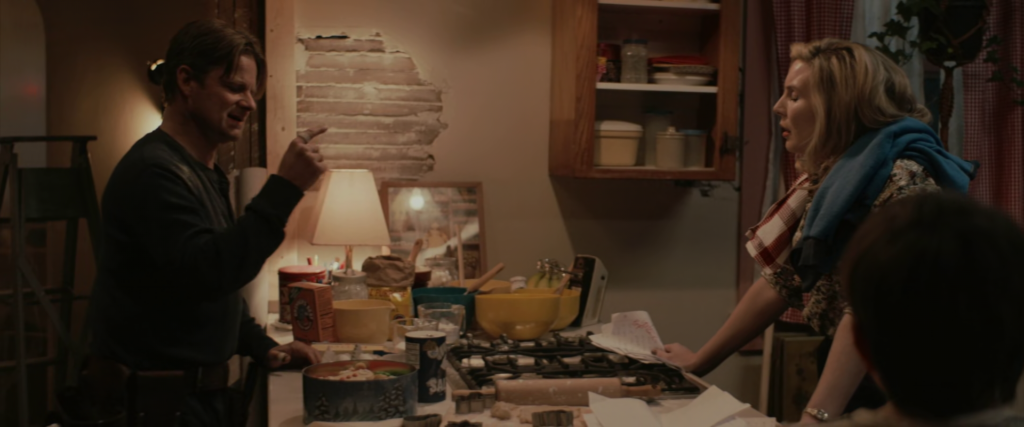


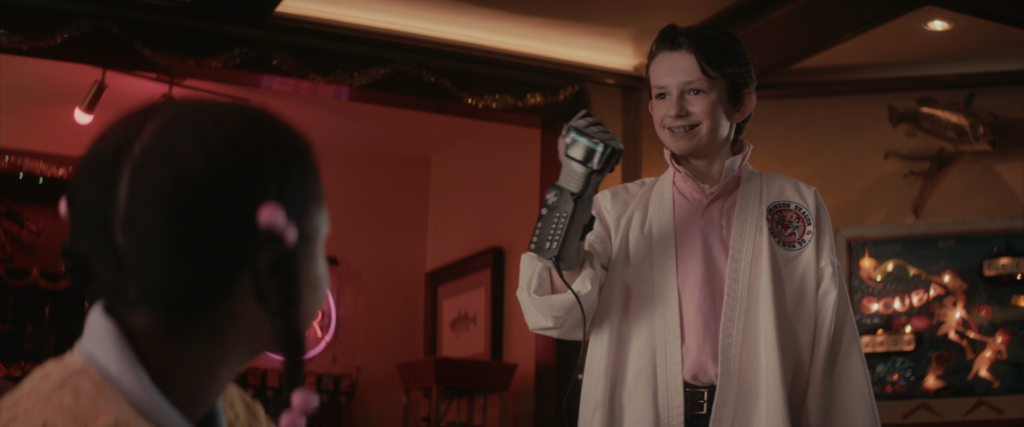

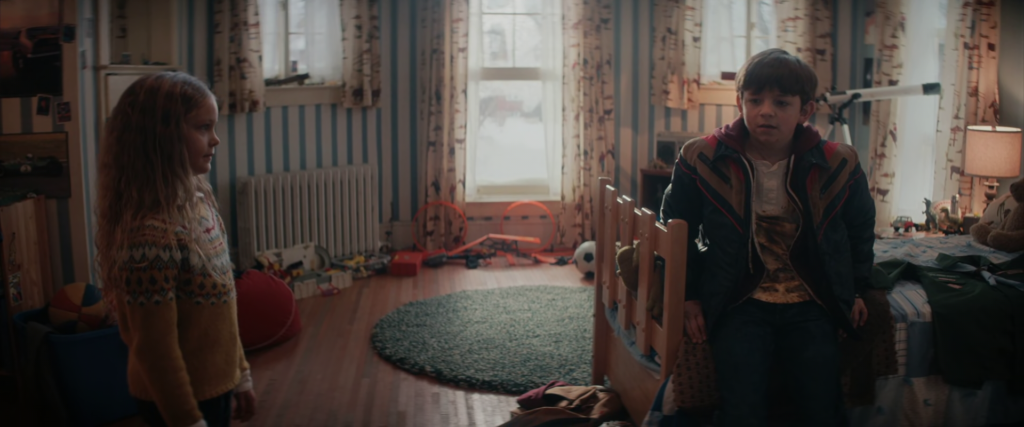
8-Bit Christmas (2021)
Film review #590
Director: Michael Dowse
SYNOPSIS: Jake Doyle is pestered for a mobile phone by his daughter. Visiting his parents for the Christmas holidays, Jake recounts a similar story from when he was young, when he was desperate for his parents to buy him the one thing he wanted more than anything…a “Nintendo”…
THOUGHTS/ANALYSIS: 8-Bit Christmas is a 2021 Christmas comedy film. As Jake Doyle’s daughter pesters him for a phone of her own for Christmas, Jake regales her with a story of his youth of a similar predicament he faced: growing up in the 1980’s, the one thing he wanted more than anything else…a “Nintendo” (or Nintendo Entertainment System). The film hails back to the films of that very era, riding a certain wave of nostalgia about the 1980s and a time when only a few privileged kids would own a “Nintendo” and be the most popular kids in school. The story is told through flashback with Jake narrating the story, and occasional cut backs to the present with Jake and his daughter playing on his Nintendo. While the beginning has quite a bit of narration that interrupts the smooth telling of the story, it does eventually settle into a more seamless rhythm. rather than organically introduce the cast, the narration does tell us about nearly every character, which is a bit distracting, but I suppose you don’t really need to establish the characters when they’re all playing very typical roles and personalities. Again, riding that certain wave of nostalgia, it is appealing to the fans of 80’s films that have all of these tropes and characters anyway, so you don’t need too much of an introduction. The problem with this is – as with a lot of movies that try and capture the feel of that time period – is that it is never going to move out of the shadow of those films, so you’re wondering why you would watch this instead of the other films it is paying homage to.
The film is balanced between both appealing to younger audiences, but also those who grew up in the 1980’s and have children of their own. There’s a lack of specific references that would only appeal to particular demographics, so it’s intended as a more rounded picture that the whole family can enjoy, but I can’t help but feel it would have been better to lean more into the retro games aspect of it.
-
#589 – 7:11pm (2023)
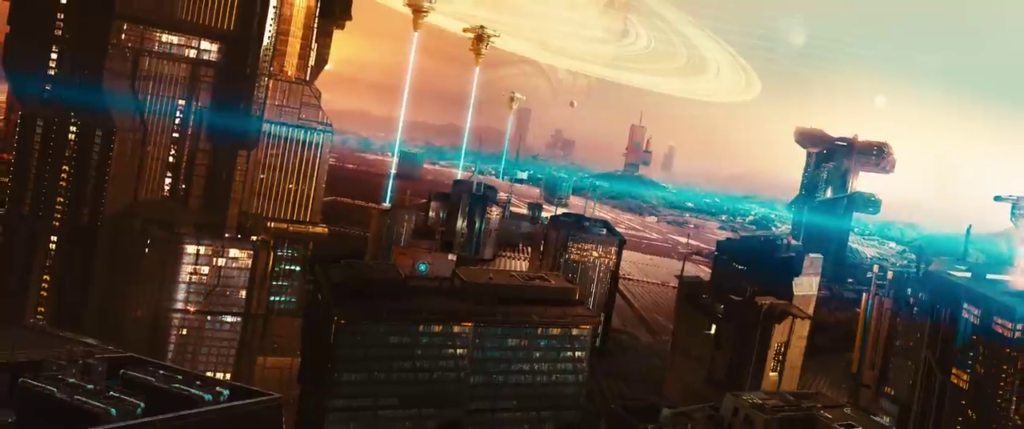
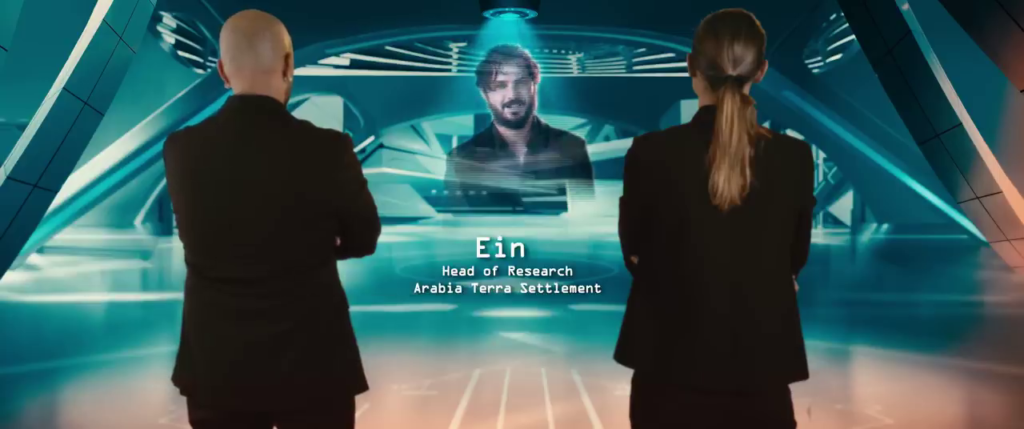
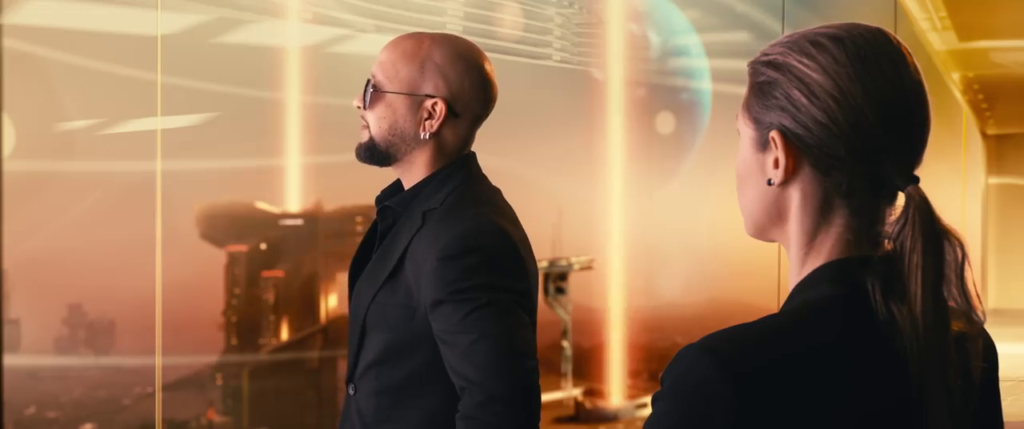
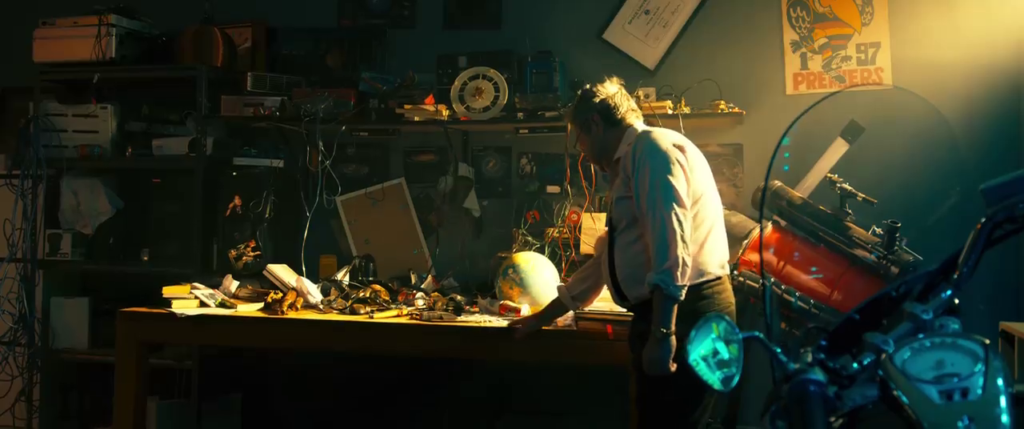
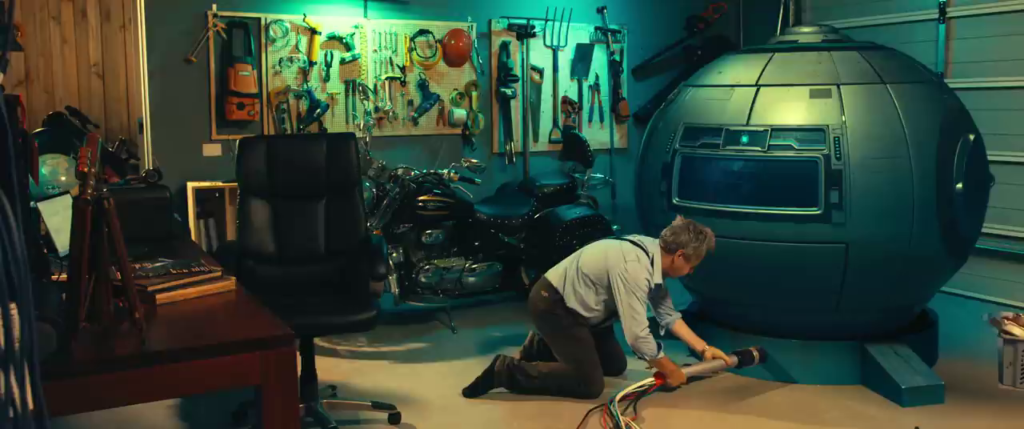


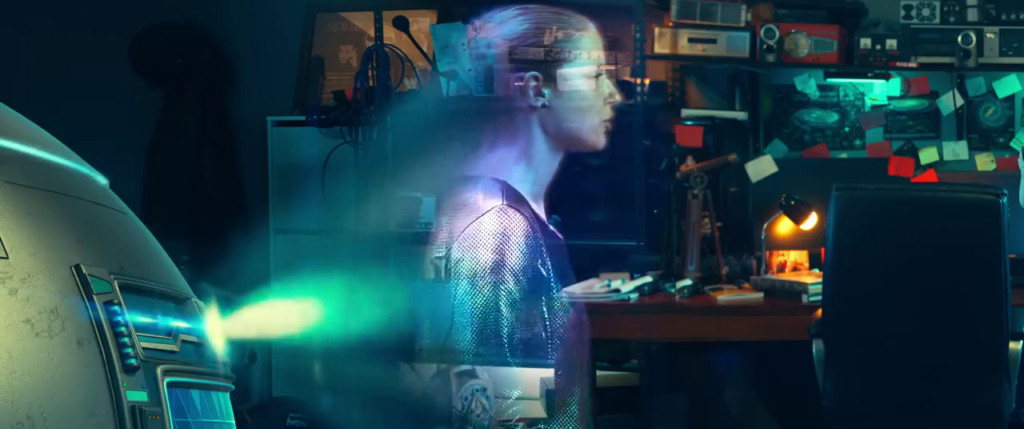
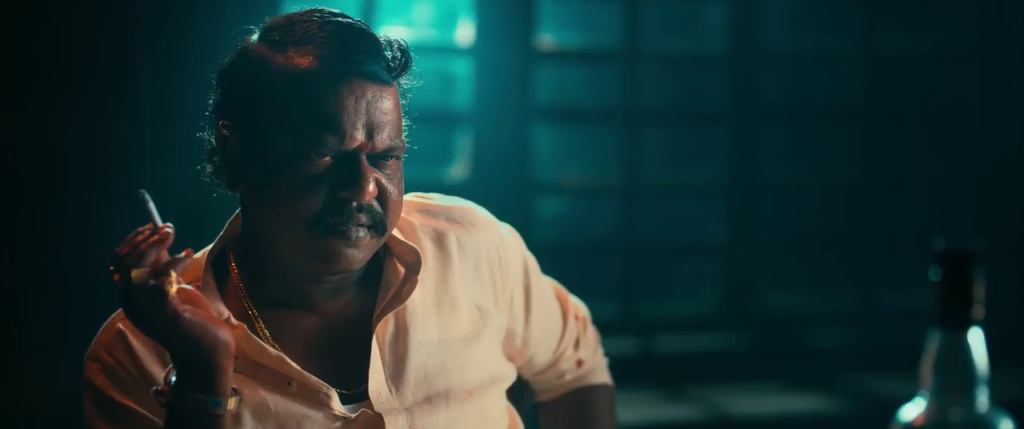

7:11pm (2023)
Film review #589
Director: Chaitu Madala
SYNOPSIS: Ravi lives in the idyllic village of Hamsaladeevi. However, dark forces are working to sell off the village and turn it into a nuclear dump site. Meanwhile, in the future on a distant planet, the last hope of a dying planet is to go back in time to find the important research which can save them. Ravi is thrust right into the midst of all these problems as he seeks to save the village and everyone…
THOUGHTS/ANALYSIS: 7:11pm is a 2023 Telugu sci-fi film. The film centres around the idyllic Indian village of Hamsaladeevi, where Ravi lives. However, evil businessmen are in the process of trying to sell off the village and turn it into a nuclear waste dump. Meanwhile, in the future of a distant planet, the human inhabitants require knowledge from the past to save their planet, and must send someone back in time to Ravi’s village to find it. As you can tell, there’s a lot of different plots swirling around throughout the film: some ranging from the typical romance and corrupt businessmen as you find a lot in Telugu cinema, to some science-fiction elements which are less common. The mash-up of different story elements is very much unbalanced, and things only come together at the last minute, with some plot elements being absent for the majority of the film. The script definitely needed winding back on it’s ambition to just do seemingly everything. The science-fiction element doesn’t offer much, and it feels very similar to Back to the Future, and you’re never going to beat Back to the Future on it’s own turf, and are always going to come off as a cheap imitation. The film could probably have cut out the whole “future aliens” thing and it would have made it flow better immediately.
The film is split into distinct parts, with the outset establishing Ravi’s character and the village, and then Ravi being sent to the future (and Australia, for some reason), and finally, the finale where Ravi goes back and basically fixes everything. These different parts just don’t really connect to each other, with the chunk of the film being set in Australia in the future (of 2024) just having very little to do with anything, and could probably be it’s own film). The climax feels very rushed, as everything is hurriedly pieced together and the plot jumps to each little point to deal with it before quickly moving on to the next one. The different elements lack the depth necessary to leave any kind of impact.
The acting and performances in the film are decent enough and without issue. The special effects aren’t groundbreaking, but serve their purpose. One thing that might stand out is that there’s a fair amount of violence and graphic gore, the scenes in which it is present just don’t seem to match the rest of the film. It has a few twists and turns which are mildly interesting, but 7:11pm lacks coherence and appropriate pacing to handle the sheer volume of ideas and plot elements it wants to string together. Messy, but has some momentum to it, even if it lacks direction.
-
#588 – Crawler (2009)

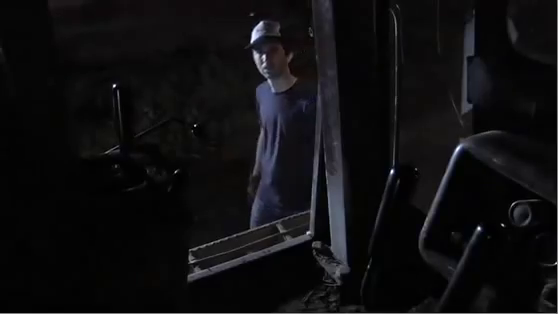
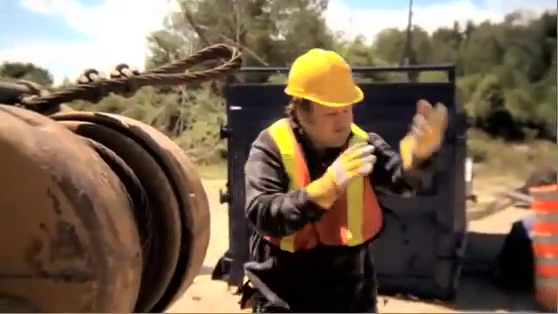

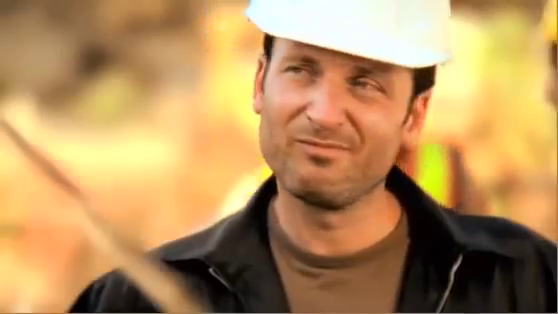
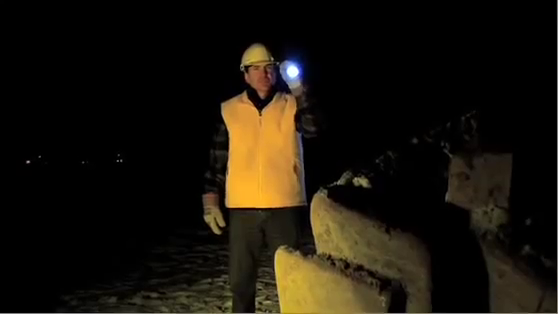
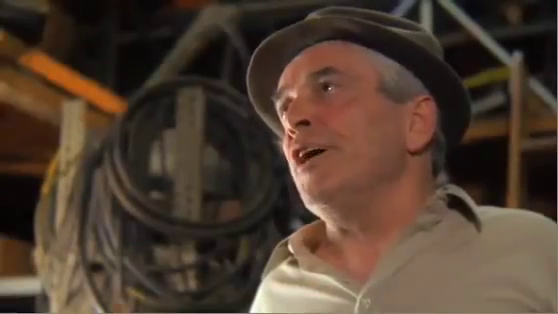
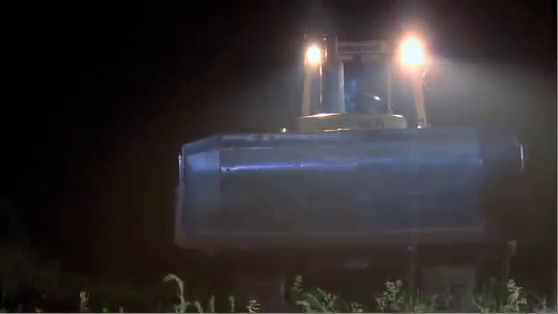
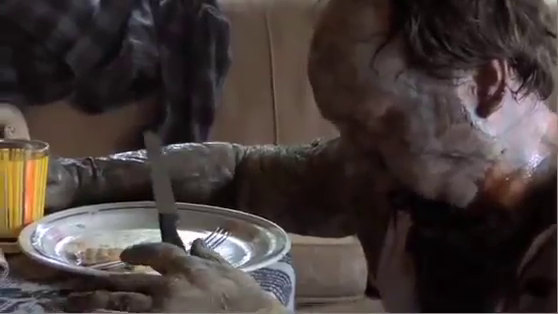
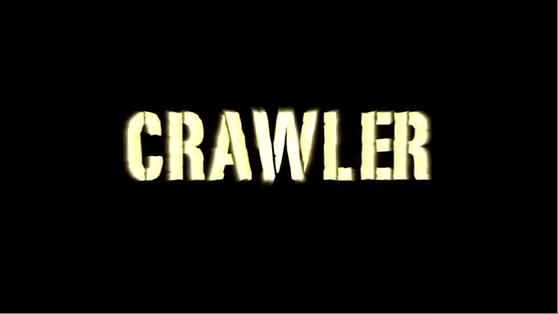
Crawler (2009)
Film review #588
Director: Sv Bell
SYNOPSIS: A construction site hires a bulldozer, but due to a mishap, they get sent the wrong one. When strange things start happening on site and people start disappearing, it seems that, somehow, this bulldozer is at the centre of it all…
THOUGHTS/ANALYSIS: Crawler is a 2009 sci-fi horror film all about a killer bulldozer. The whole concept might sound absurd, or it actually might sound familiar, as the 1974 TV movie Killdozer centred around the same concept of a killer piece of construction machinery. This time, a bulldozer is hired for a construction site, but because the driver was late picking it up, it went to someone else. Desperate, the guy tries to convince the guy to rent him another one which is apparently not available for rent. The next day, the bulldozer shows up at the construction site, with the driver nowhere in sight. When a number of strange happenings occur at the site, the workers suspect, however implausibly, that the bulldozer is somehow involved. The plot works it’s way up very slowly, comprising early on of scenes of dialogue between characters that fail to ingratiate themselves to viewers or stand out in any real way. It is worth remembering that the whole thing is a little tongue-in-cheek and knows it has limits, but it nevertheless plays it straight throughout. The concept of the killer dozer is unique enough (save for the aforementioned TV movie), and the film does eventually develop along lines you might not expect, but there’s nothing too memorable about the story.
The strengths of the film are in the practical effects: the alien elements are fairly detailed, and the gore is pretty convincing, although it often looks like unrecognisable mush. The weaknesses of the film stretch from the monotone delivery of the lines from the acting, to the poor lighting and editing of action scenes which is composed of random short cuts that fade in and out, and disrupt any sense of flow. The bad certainly outweighs the good, and overall Crawler, while having a few good points, has little going for it either in being so-bad-its-good, or actually creating a a decent horror story. A severe lack of tension and urgency, both due to the sluggish pace of the film and the flat delivery of the actors, make it a dull and uninspiring experience.
-
#587 – Goosebumps 2: Haunted Halloween (2018)








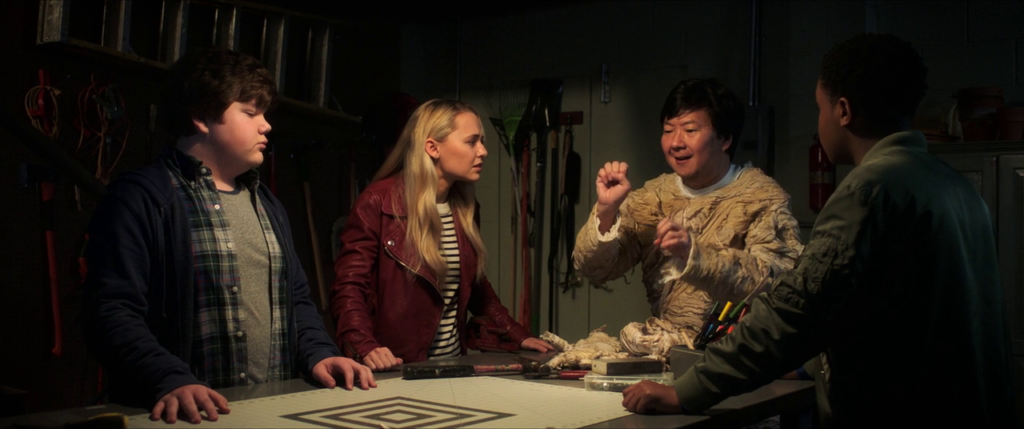

Goosebumps 2: Haunted Halloween (2018)
Film review #587
Director: Ari Sandel
SYNOPSIS: Teenager Sarah Quinn is struggling to write an essay for her college application. Meanwhile, her brother and his friend find a mysterious book at an abandoned house, which when opened releases Slappy, an evil dummy, to appear. Slappy is more than just a dummy though; he is alive, and sets about unleashing all sorts of monsters just in time for Halloween. It’s up to Sarah and her brother (and his friend) to stop Slappy before he unleashes pure chaos on the town…
THOUGHTS/ANALYSIS: Goosebumps 2: Haunted Halloween is a 2018 film and a sequel to the 2015 film Goosebumps, based on the series of horror stories written by R.L. Stine. Set three years after the first film and in a different location, we see teenager Sarah Quinn trying to write her college essay, but is constantly distracted by her Mother wanting to babysit her brother and his friend, who is stopping with them over Halloween. The plot revolves around Slappy, the evil dummy who was the villain the previous film, being released from one of R.L. Stine’s unfinished books, and does what he does best: unleashes monsters and horrors of all sorts to terrorise the town, leaving Sarah and the others to stop him. The plot is very similar to the first film, but while the first one managed to offer a twist that made things interesting with the Goosebumps books themselves forming part of the story, here that little unique twist is absent. The film revolves around an unfinished story by R.L. Stine called “Haunted Halloween,” which apparently was an early book that was very rough and unfinished, so the monsters that are unleashed have that feeling of being unpolished. This does, however, have the feeling of making the film also rough and incomplete, with the story feeling very weak and uninspired. There’s certainly a way to make the premise work without it bleeding into the quality of the film itself, but as it stands, the film ends up being feeling underdeveloped, and desperate in needing a good rewrite or two.
The characters are all fairly unremarkable: while the first film was the same, it had Jack Black as R.L. Stine to bring everyone together and inject enough energy to keep things interesting. Here, we get no such thing: Jack Black does appear in a scene halfway through and at the end to somewhat explain everything, but in teasing him in this way without actually doing anything probably hurts the film more than anything. While Jack Black was such a prominent role in the first film, here, it would probably have been better if he wasn’t in it at all, if all he does is show up at the end and explain everything, leaving a feeling of disappointment you’re not going to see him do anything interesting. The whole subplot about Slappy wanting a family wasn’t something that was a part of the first film, so it just feel like it comes out of nowhere, and doesn’t further his character in any way. Overall, Goosebumps 2 is a very unpolished film that fails to get going in any way: the enjoyable elements of the first film are gone and we are left with a predictable, low-stakes story that offers nothing that the previous film didn’t.
-
#586 – Goosebumps (2015)

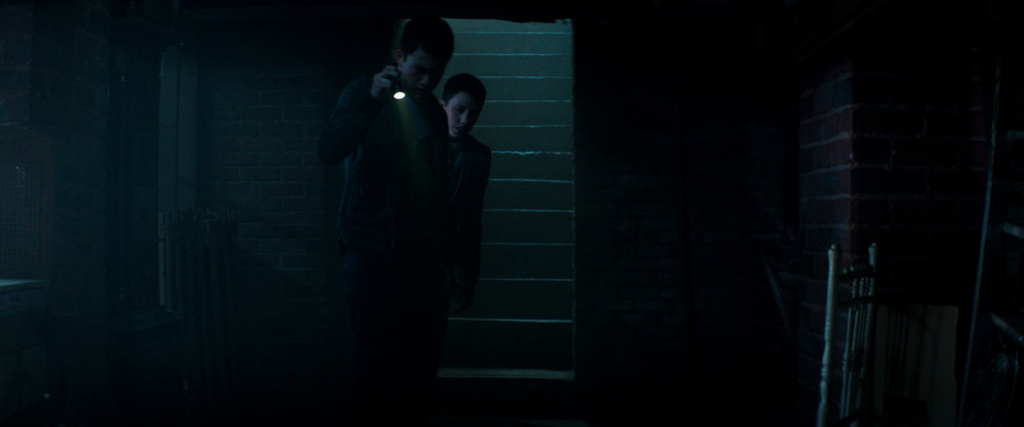
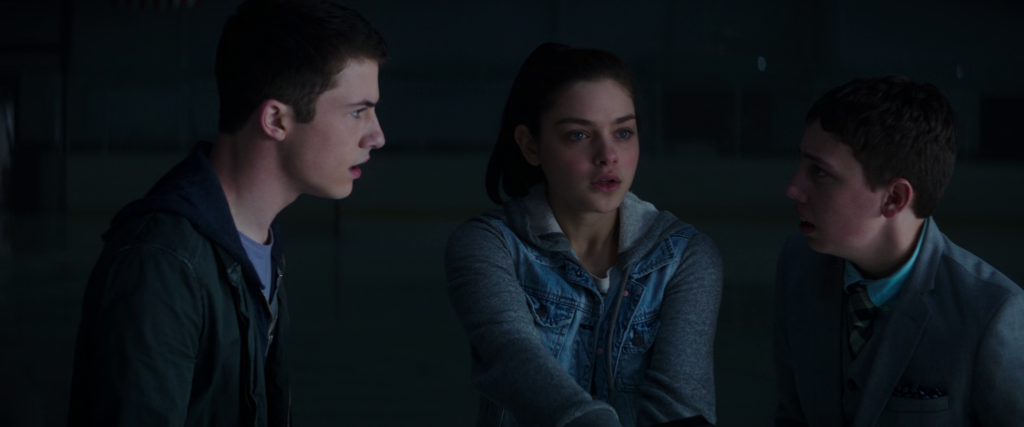
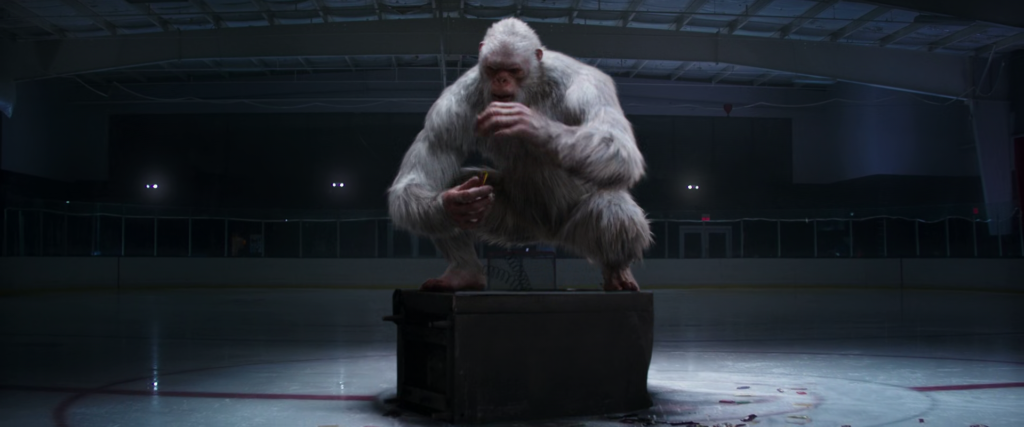
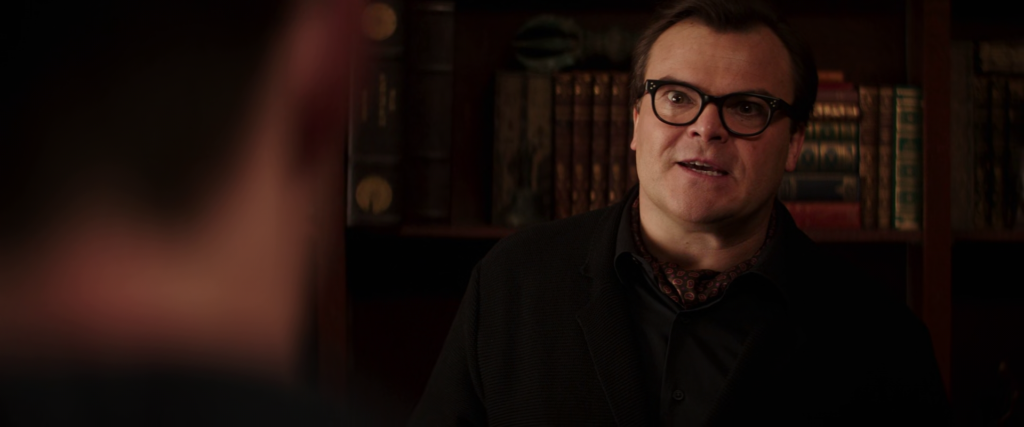
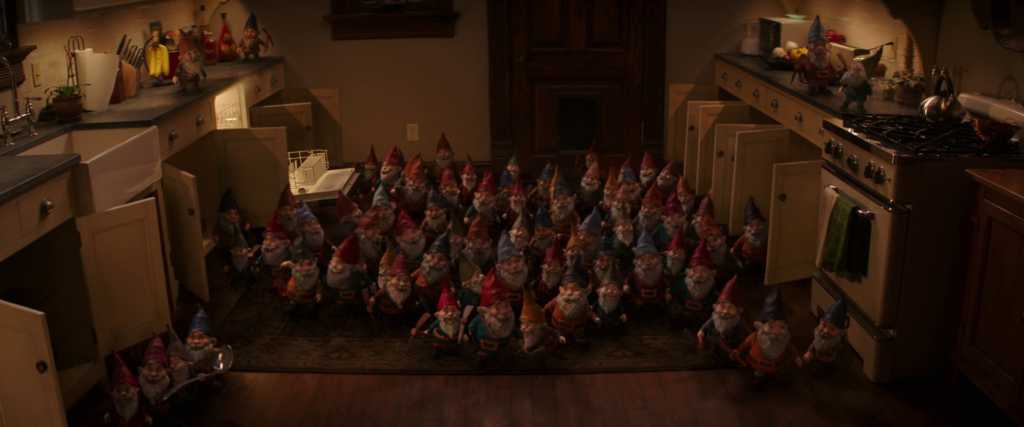
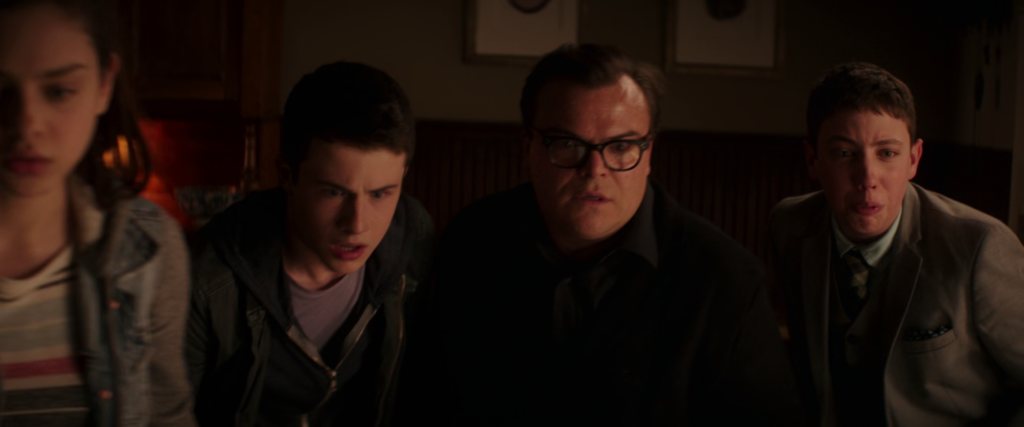

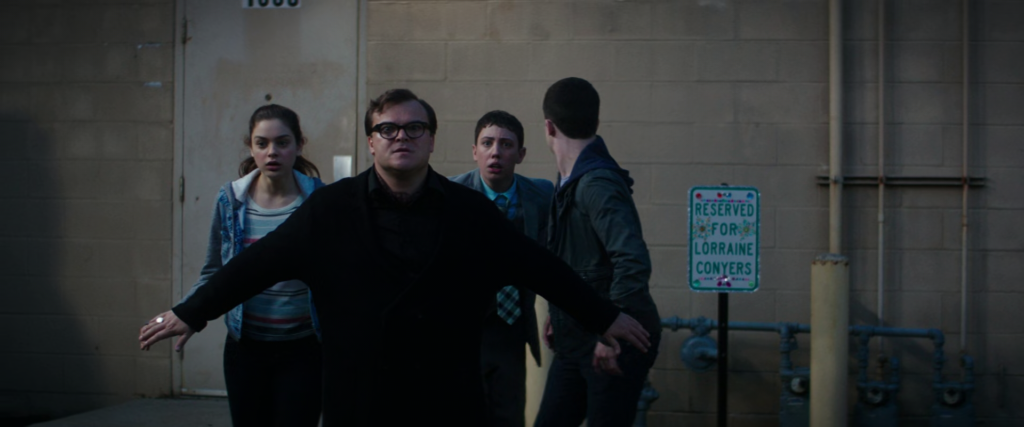
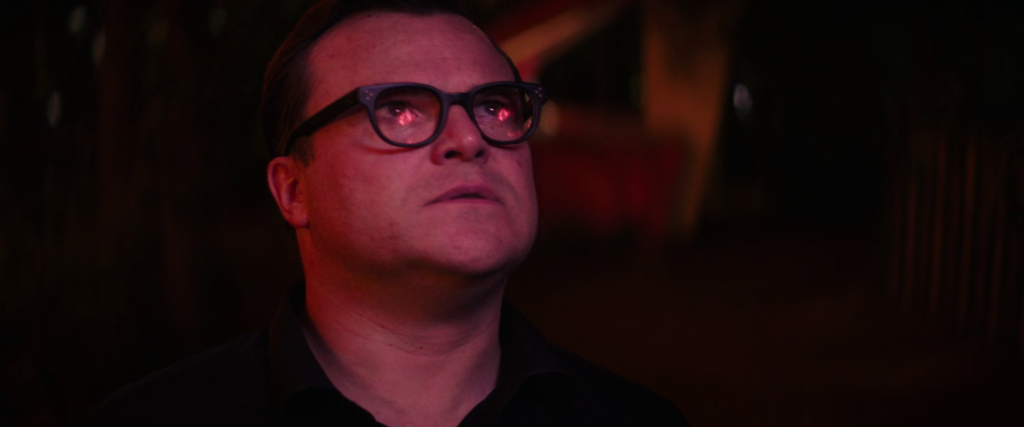
Goosebumps (2015)
Film review #586
Director: Rob Letterman
SYNOPSIS: Zach Cooper moves with his Mother to the town of Madison, Delaware, where he learns he has a strange new neighbour. Things take a twist when Zach learns that his new neighbour is none other than R.L. Stine, author of the Goosebumps series of books, and the monsters from his books have accidentally been brought to life…
THOUGHTS/ANALYSIS: Goosebumps is a 2015 film based on the series of horror books by R.L. Stine. The film starts up in a very typical way, introducing teenager Zach Cooper and his Mother moving to a new town and having to get used to a new school and all of that: a situation you’ve seen in films plenty of times. Fortunately, the film doesn’t linger too long on it, and it’s somewhat necessary to provide the grounds for the film’s twist. Zach learns that his odd neighbour is none other than R.L. Stine, the author of the Goosebumps series, and the creations in his horror stories are very much real; as he finds out when the monsters are released from their books to terrorise the town. The meta-twist of the film, making R.L. Stine (played by Jack Black) a character and referencing the actual books is implemented well, and provides a good way of incorporating the different characters from the books. If you’re a fan of the series, you’ll appreciate the different monsters that appear, but even if you’re not familiar with them, it doesn’t impact the experience in any way.
What the film does well is – when it kicks off with the monsters being unleashed – that it keeps up an unrelenting pace and energy as it moves along without any real lulls. The different parts of the film aren’t really anything unique, but it never slows down enough to make it boring. Part of this is due to Jack Black’s portrayal of R.L. Stine, as he brings his usual energy to the role and to basically steal every scene he is in. If you’re not a fan of Jack Black, maybe you’ll have an issue with the film, but otherwise you can certainly enjoy the ride. The rest of the cast is fairly uninteresting and don’t really develop beyond their typical roles, but again it’s not that much of an issue since they aren’t really the ones driving the plot.
Overall, Goosebumps overcomes a predictable setup with a self-referential twist that works well, with a constant energy and entertainment that doesn’t give you a chance to get bored. Like the series itself, it is horror for kids, so there’s no real scares or frights to be had, but again, it focuses more on the action and self-referential humour that make the film work in it’s own right. Not perfect, but entertaining enough, particularly if you’re a fan of the franchise.
-
#585 – The Big Step (2019)
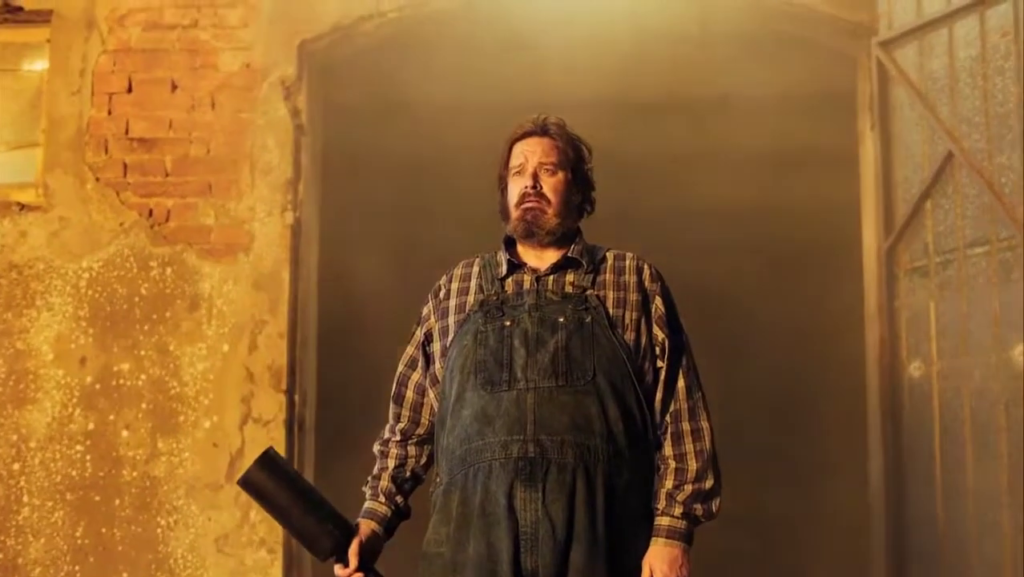
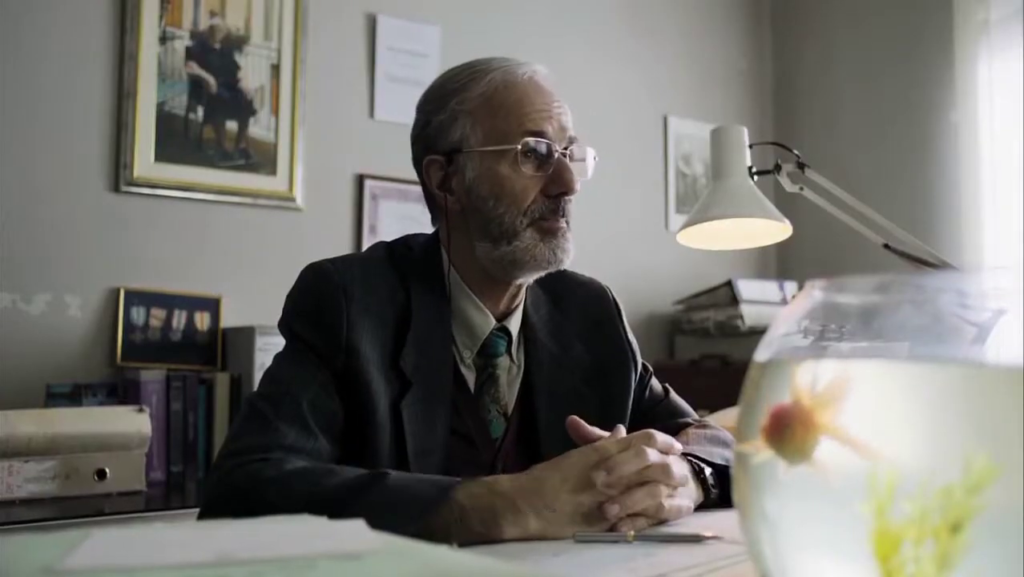
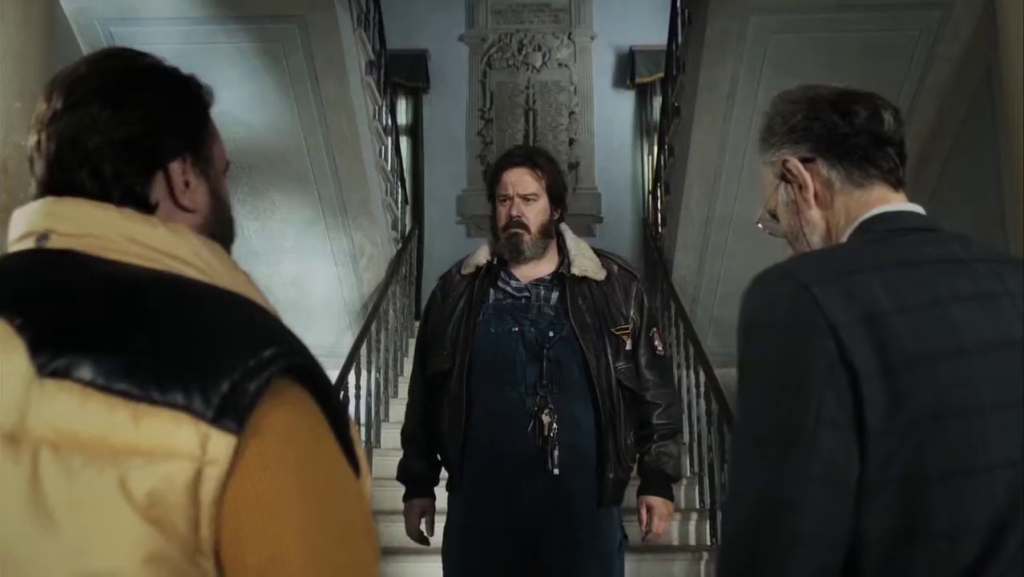
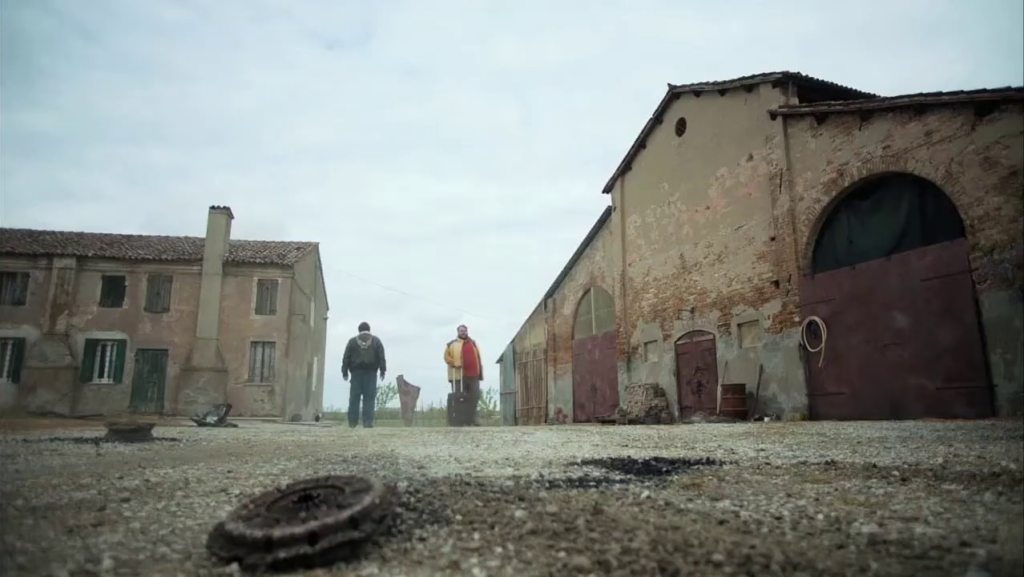
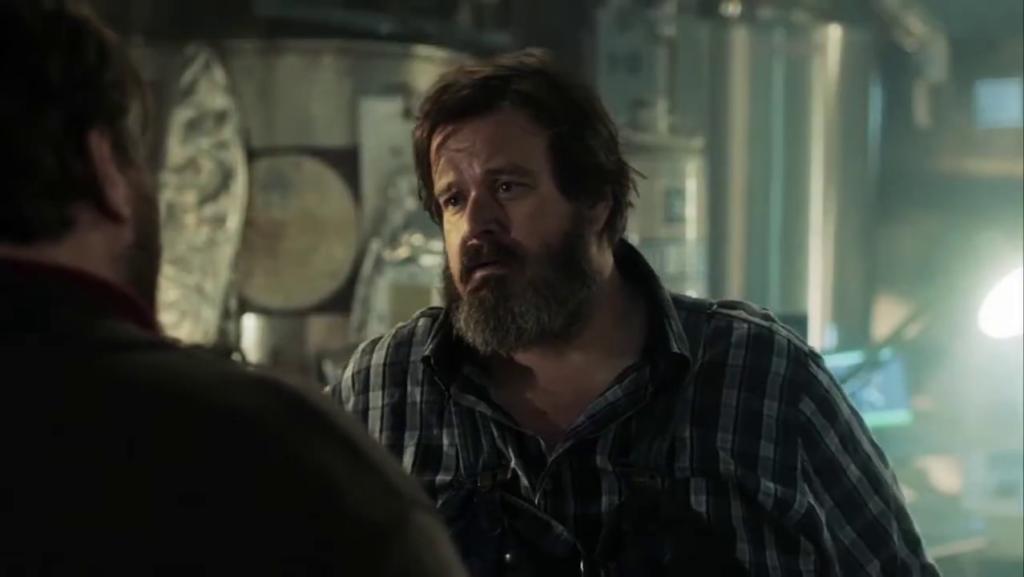
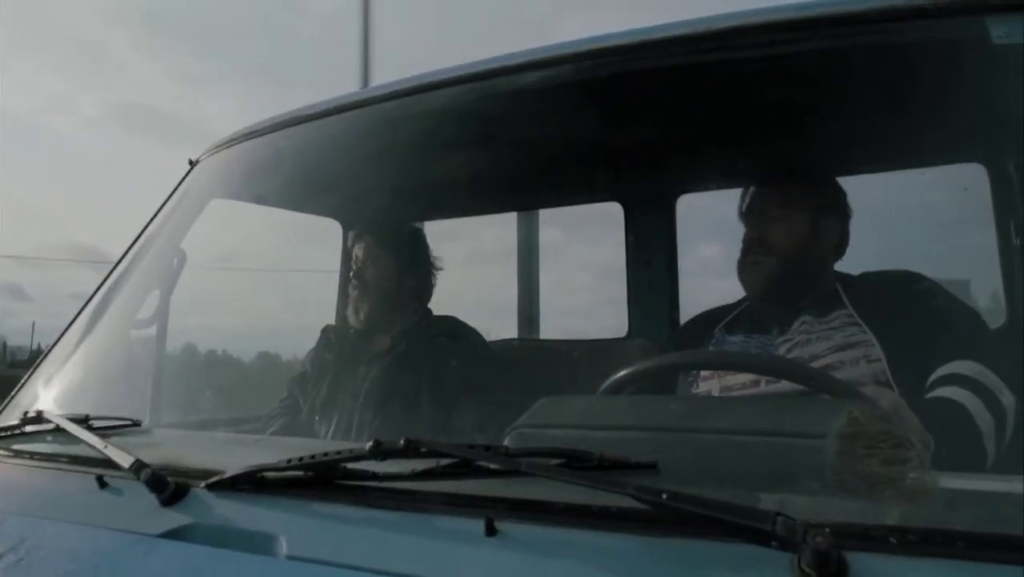
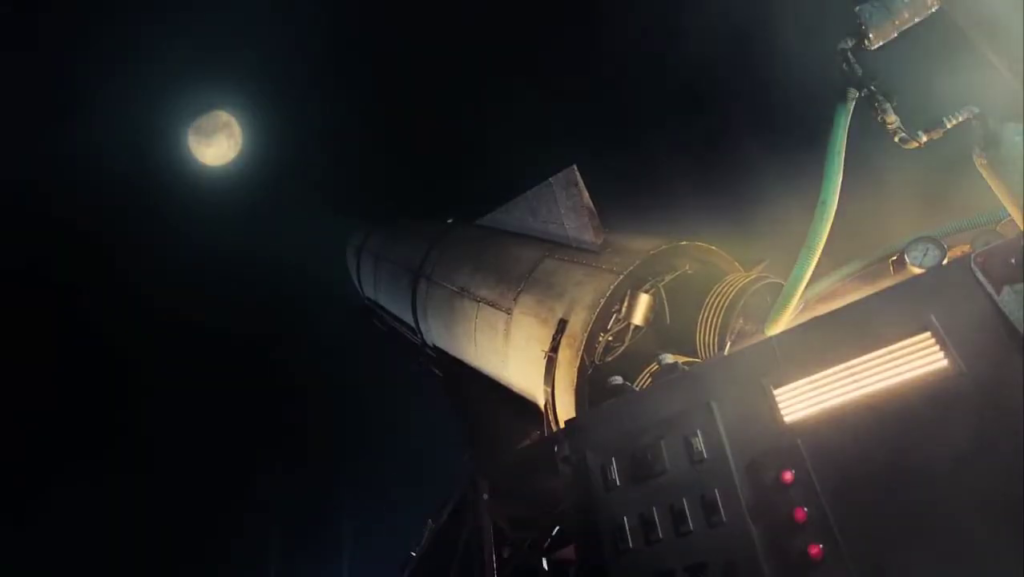
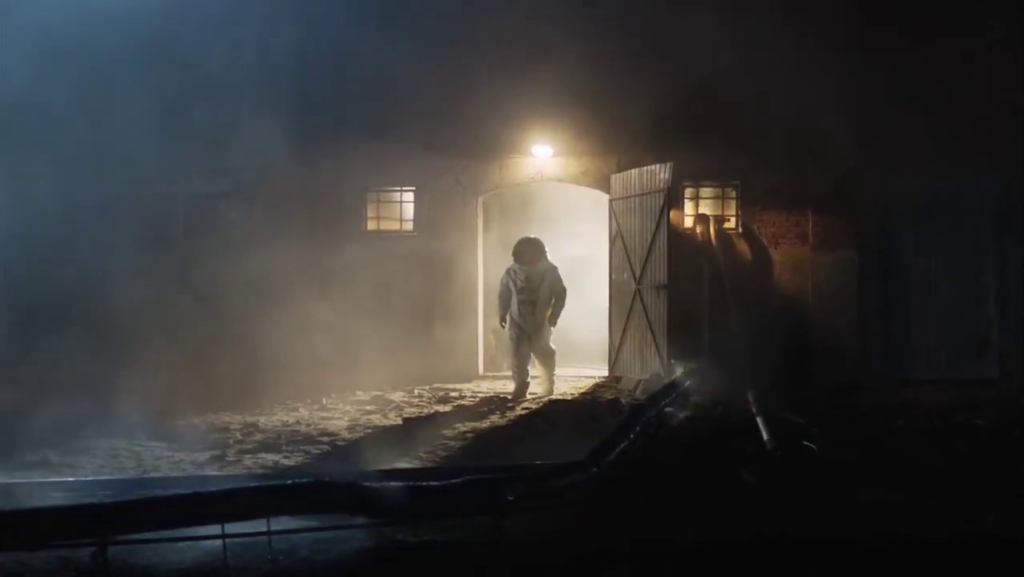
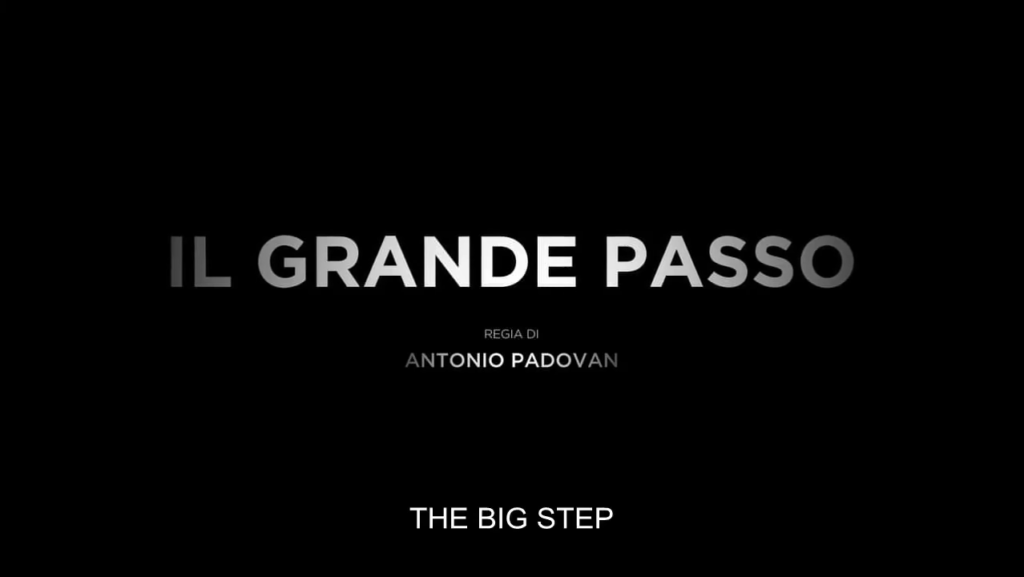
The Big Step (2019)
Film review #585
Director: Antonio Padovan
SYNOPSIS: Mario heads to the countryside to deal with his estranged brother Dario, who has been arrested for arson. Dario is released into Mario’s care, as he struggles to deal with his brother’s confrontational and weird nature, and his big secret: building a rocket to fly to the moon…
THOUGHTS/ANALYSIS: The Big Step (Il Grande Passo) is a 2019 Italian film. Mario, who owns a hardware store in Rome, has to drive out to the Italian countryside to take care of his Brother Dario, who has been arrested, and must be released to another family member. Mario learns that Dario has been trying to build a rocket to fly to the moon, and the two brothers must try to get along after being estranged for so long. The film is essentially a drama film that focuses on these two brothers, as Mario tries to keep Dario out of trouble. It’s a fairly simple film without any bells and whistles, but does what it does well thanks to some good acting, writing, and accompanying musical score. The different lives of the brothers provides enough conflict to provide both drama and humour, and although the film ties all the little things together nicely, the ambiguity of the ending might be a little unsatisfying, and some things are left a mystery (such as the identity of the two men following Dario, the “creepy” guy at the store).
Overall, I don’t think there’s too much to say about this film: I could probably sum it up as “charming.” There is a familiarity in it that feels like you’re watching a story you’ve seen plenty of times before, but it’s always a comfortable watch every time you see it. There’s no big “funny” moments, but the ending is heartwarming, and the film as a whole flows nicely; it just doesn’t deliver a stand-out moment to make it memorable.
-
#584 – Surf Nazis Must Die (1987)
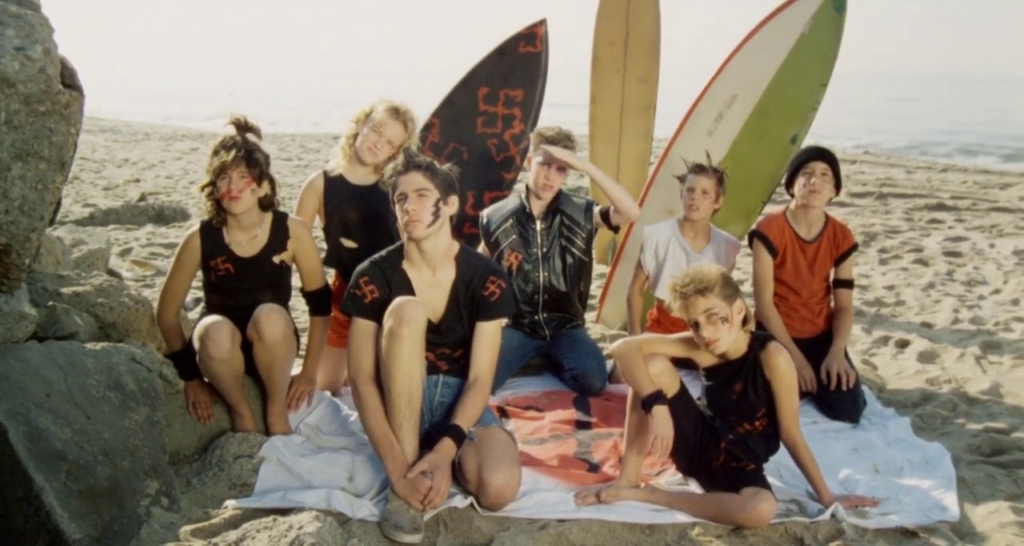
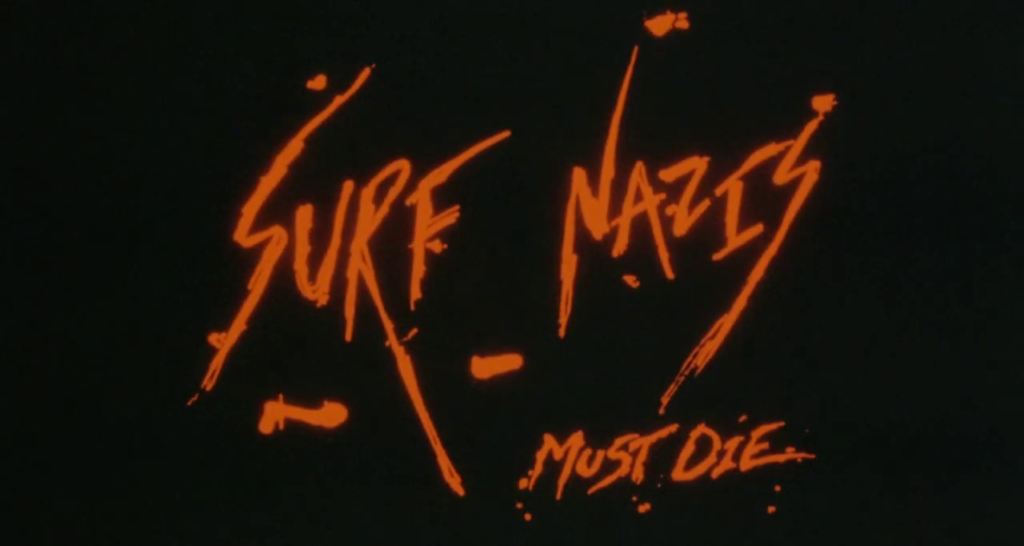
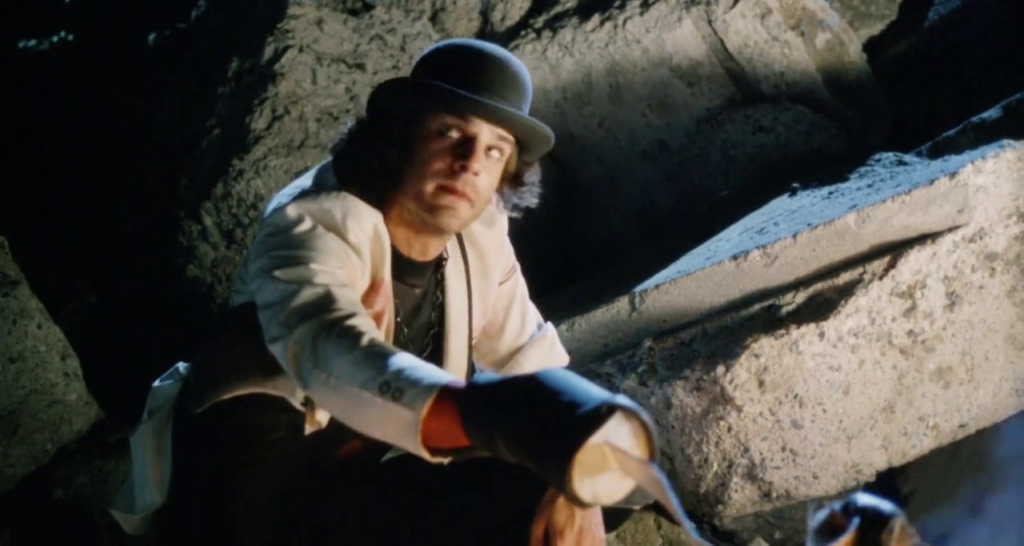

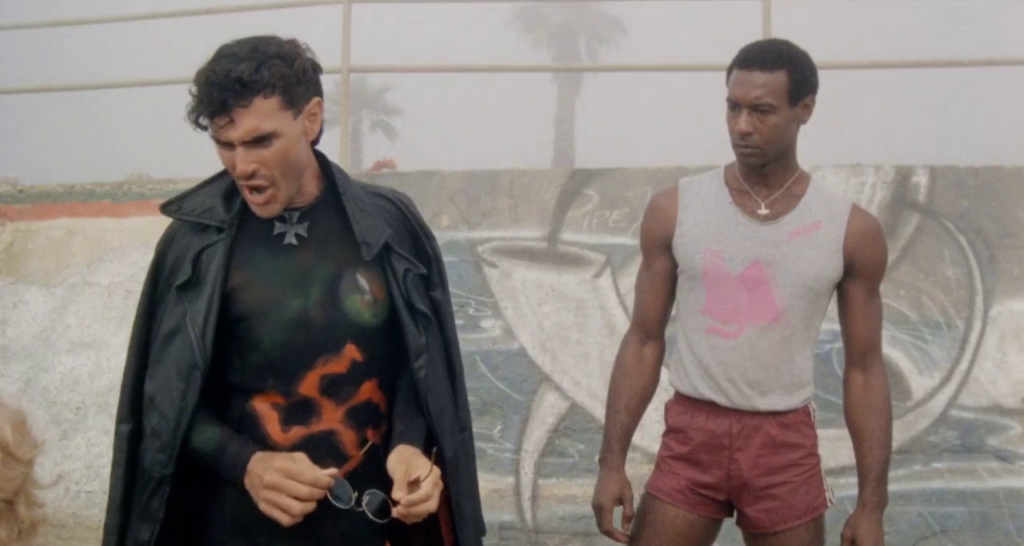

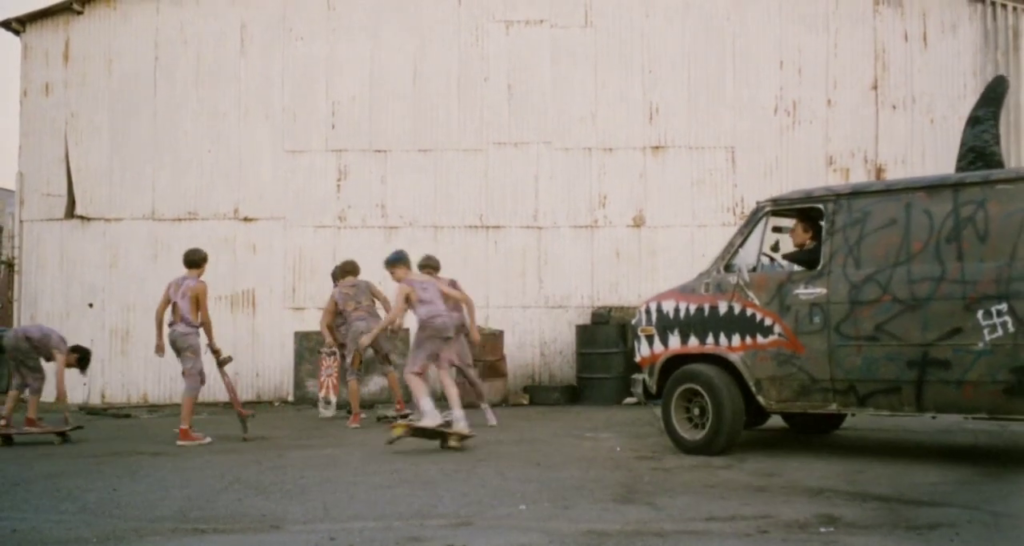
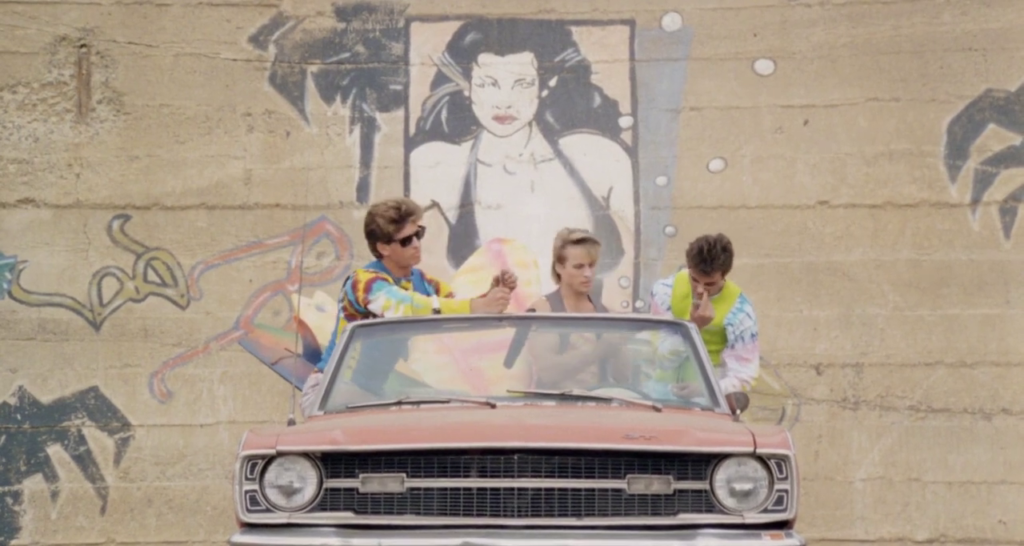
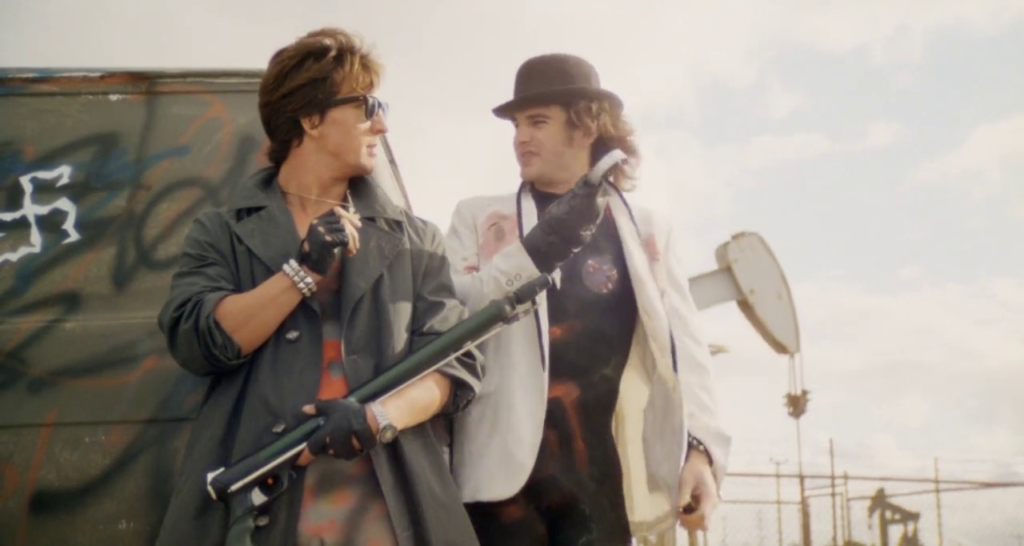

Surf Nazis Must Die (1987)
Film review #584
Director: Peter George
SYNOPSIS: After a devastating earthquake reduces Los Angeles to rubble, the beaches become the battlefield for a number of gangs who want to rule the waves. After a group of neo-Nazis seize the beach, and a young man is killed, his Mother decides to take revenge on the Nazis that murdered him…
THOUGHTS/ANALYSIS: Surf Nazis Must Die is a 1987 post-apocalyptic film. The film’s title might sound completely off the wall and nonsensical, but actually refers to the neo-Nazis that existed around surfer culture in Los Angeles from the 1960s onwards. The film is set in a post-apocalyptic version of L.A. after a huge earthquake reduces the city to ruin…well, probably. We don’t really see the city in ruins to establish the location or context, and there’s also no real indication if just the city is in this post-apocalyptic state of lawlessness, or it is the wider world. Anyway, in this state of chaos, various surfer gangs battle it out for control of the beaches. While the film embraces some more outlandish elements that you would expect from the title, including the various surfer gangs of Nazis, ninjas, and the like, the film on the whole is fairly tame and subsequently, rather dull. There’s barely any other story other than Nazis just terrorising people, and every scene in which something happens is followed by long shots of people surfing, which by the time you return to a scene with dialogue or plot, you can’t really follow what happens from one scene to the next. There’s a story concerning some drug deals, a kid hanging around the Nazis to his Mother’s disapproval, and a Mother taking revenge on the Nazis for the murder of her son, but none of these elements really add up to anything, or come together in any way.
Despite the silly concept, there is an element of the film taking some things seriously: the Nazis radicalising youths, the preaching of their purity yet clearly engaging in deviancy; there’s some effort to write the bad guys as the bad guys , and to show their hypocrisy. Don’t get me wrong: this is not done in an overly impressive or interesting way, but it is there. probably the most memorable character and plot element is “Mama,” a middle-aged woman who is put into a care home after the earthquake, but always manages to sneak out to cause trouble, and her mission of vengeance which becomes the focus of the film when her son is murdered by the Nazis, is at least somewhat interesting. Not only is her straight-up approach to the Nazis being to call them out and hunt them down refreshing (because we don’t really need to have nuance in dealing with Nazis, I thin the film is trying to say), but having a middle-aged black woman as the main character is such a rare occurrence it almost makes the film feel fresh. Again, there’s still not much substance, but the no-nonsense approach the film takes is somewhat fun while it lasts.
Overall, Surf Nazis Must Die fails to live up to its bizarre name: it’s mostly dull viewing with barely any plot, and random footage of surfing that serves no purpose other than to extend the runtime breaks the film up into isolated scenes that serve no overall purpose. There’s some attempt to offer something unique with the “revenge” story arc, and dealing with Nazis in a straightforward way, but other than that, it’s a dull, low-budget flick that offers nothing really exciting or interesting.
-
#583 – Kids of the Round Table (1995)
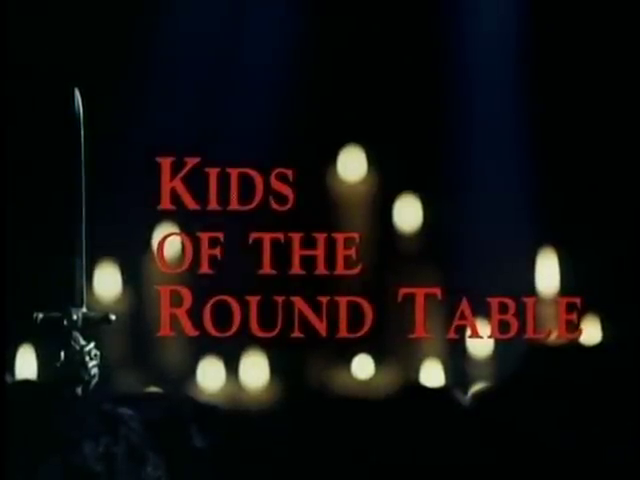
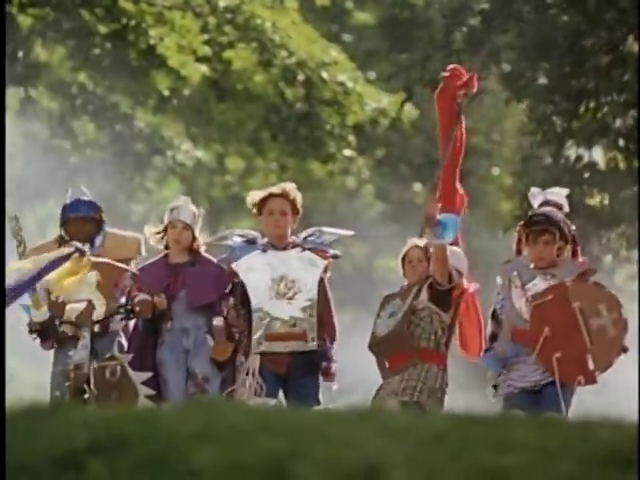
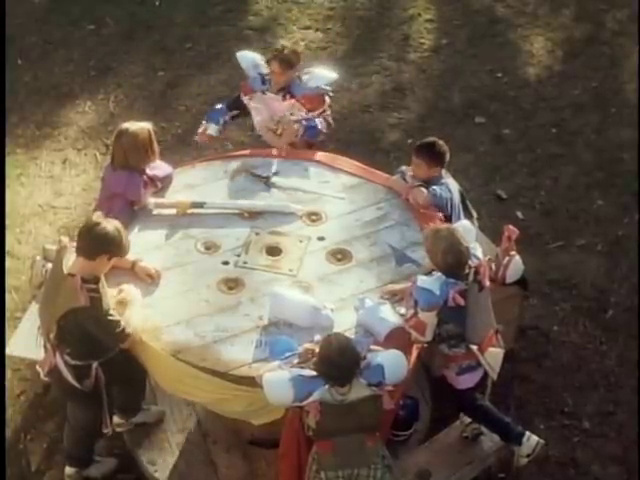
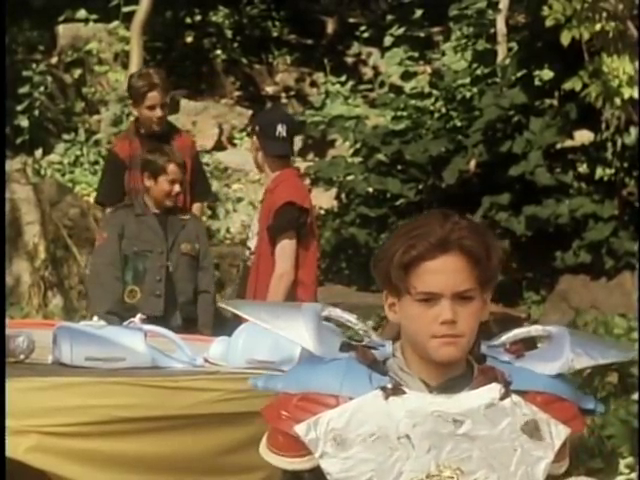
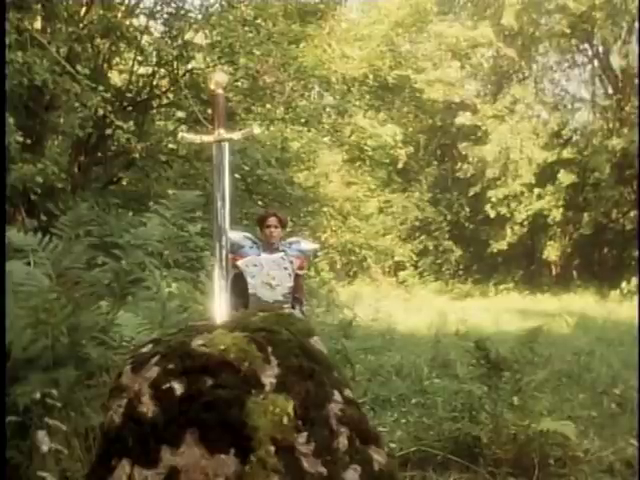
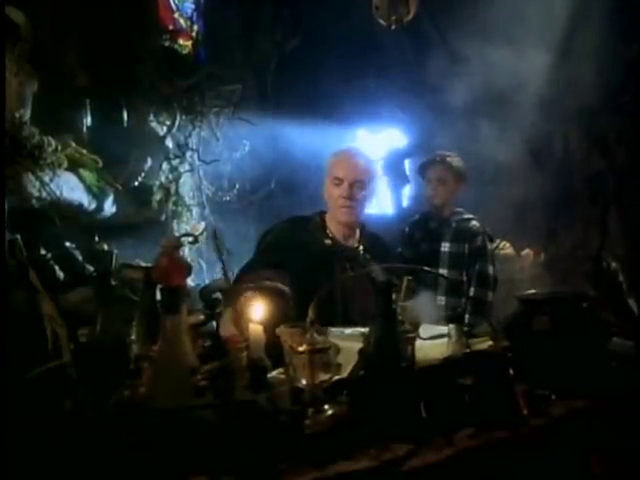
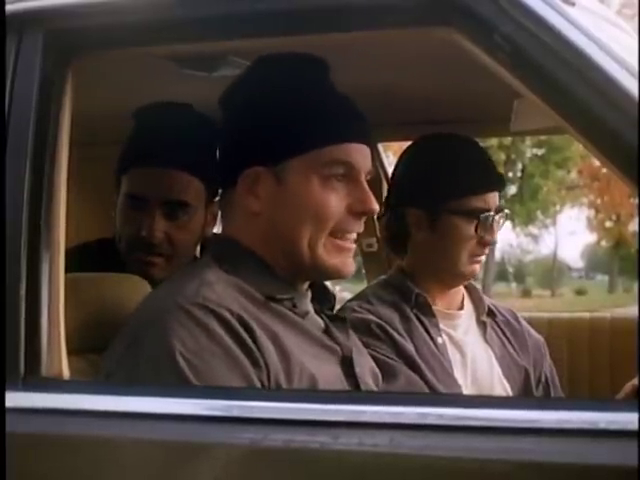
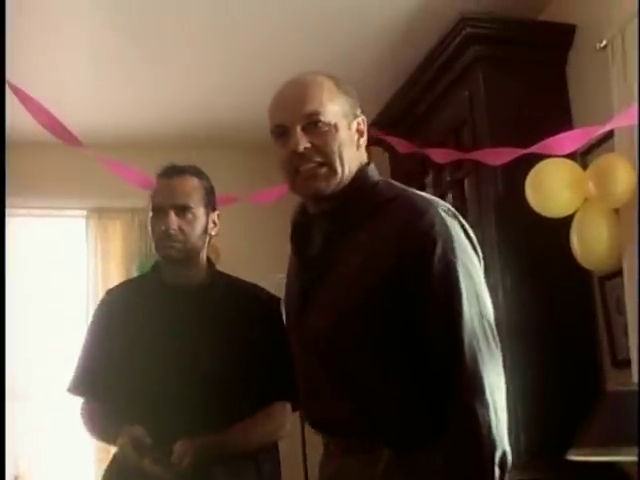
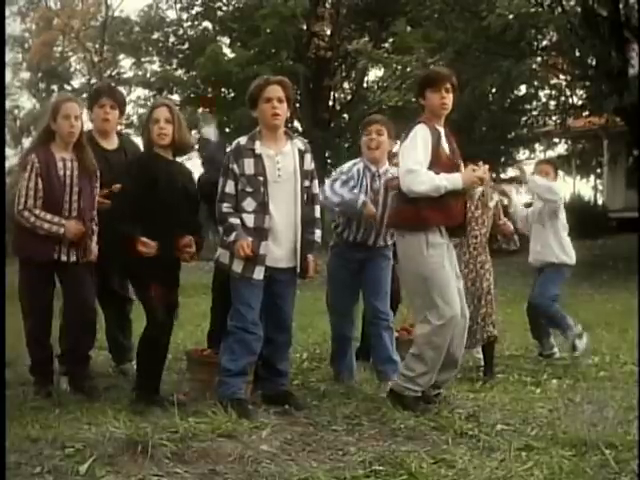
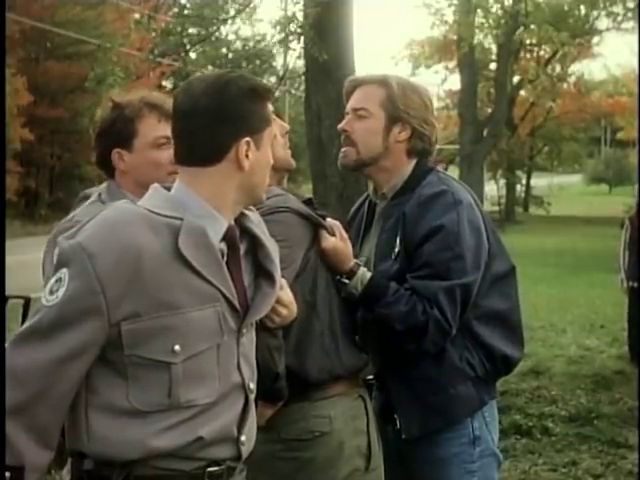
Kids of the Round Table (1995)
Film review #583
Director: Robert Tinnell
SYNOPSIS: Alex and his schoolfriends enjoy re-enacting the legend of King Arthur. Running away from some bullies, Alex stumbles upon a sword in a stone, which he pulls out and is revealed to be Excalibur, the legendary weapon of King Arthur. Merlin appears before Alex and explains how Excalibur may be used to give him the power to overcome his problems, but also that this power must only be used for good…
THOUGHTS/ANALYSIS: Kids of the Round Table is a 1995 film. The plot revolves around a kid named Alex who stumbles upon the sword in the stone from Arthurian legends. Removing the sword, Merlin appears to tell Alex that it is Excalibur, the sword of the legendary King Arthur, and will grant Alex the power to overcome his problems, but only if he uses the power for the right reasons. The plot of the film essentially revolves around Alex using the power of Excalibur, and the dilemmas that arise from it. It touches on a number of different points, but nothing with a depth that makes the plot points memorable or non-predictable. That said, there are a few scenes which explore the dilemmas with some strong and emotionally powerful dialogue, that give weight to what is happening.
A good portion of the film sets up a a love triangle between Alex, Jenny, and Luke, mirroring the same relationship between Arthur Guinevere and Lancelot in the Arthurian legends. Again, the dialogue that comes out of as a consequence of this is mature and impactful, and Malcolm MacDowell as Merlin offers some sage advice in a rare non-villain role. Despite this, a lot of the line deliveries, particularly from the kids and lesser known actors, are a bit flat. We never really get any depth from any of the characters, and they are just very surface-level personalities without a unique hook. The biggest issue the film faces is with the pacing: it has a fair amount going on at the beginning of the film setting out it’s premise then it just…stops. The film clearly has ideas, it just doesn’t push them at all. the finale of the film, featuring “Scar” (played by Michael Ironside) and his buddies taking Jenny and her friends hostage at her birthday party after the criminals have robbed a bank goes on forever: nearly half the film is dedicated to this part which unfolds so slowly it feels like a waste of runtime.
This film looks exactly like you would imagine a 90’s film would look like, and it doesn’t really distinguish itself in this way. One of the production aspects that definitely stands out is the score: the full orchestral pieces are really strong and moving, and again coupled with the emotional scenes, makes a good impact. Overall, Kids of the Round Table has some good moments and some decent cast members to support it, but seems to hold back in terms of fleshing out it’s concept more fully. This definitely has potential to be more than it is, but it keeps everything at a very surface-level exploration, as the characters don’t really develop into anything special, and the different setups don’t take advantage of the concept. Some good heartfelt moments, and a nice score grip the viewer at certain moments, but fail to add up to make the film something special.
-
#582 – Everything, Everywhere, all at Once
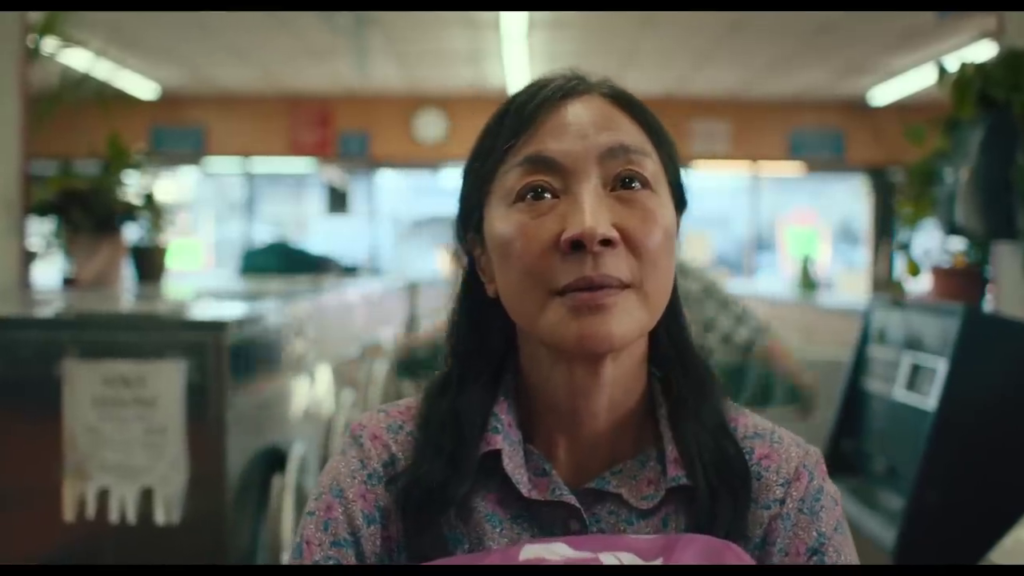
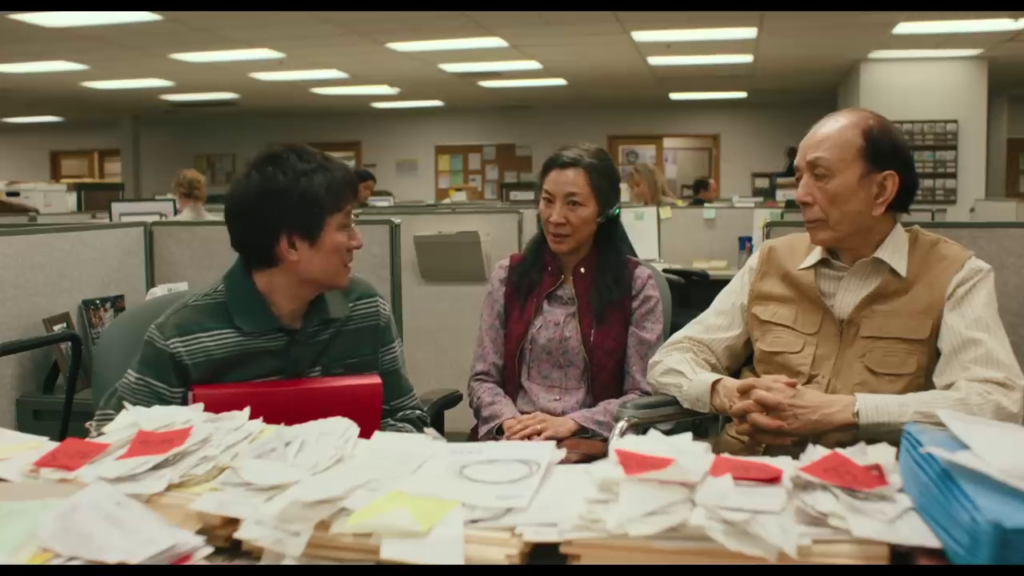
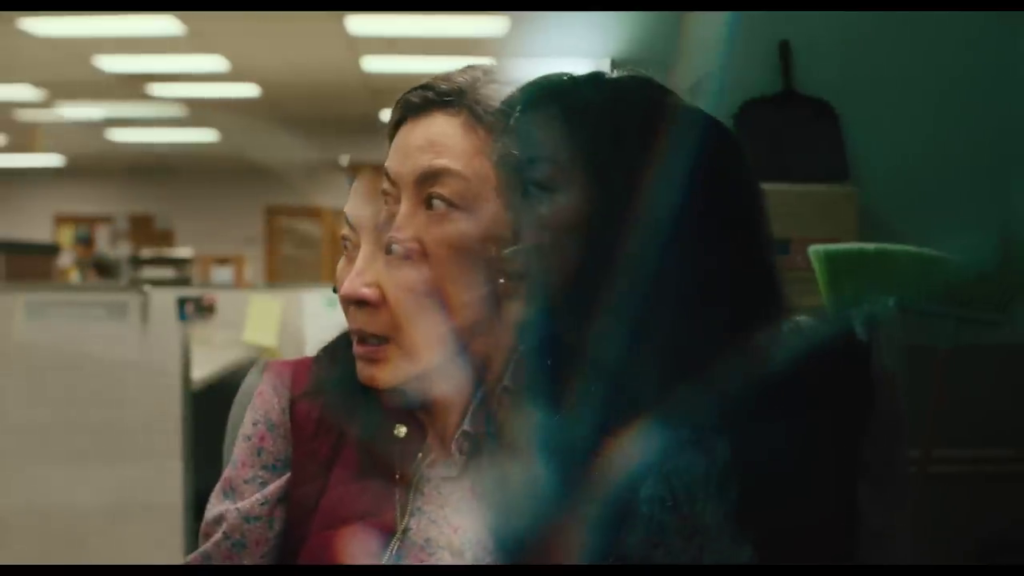
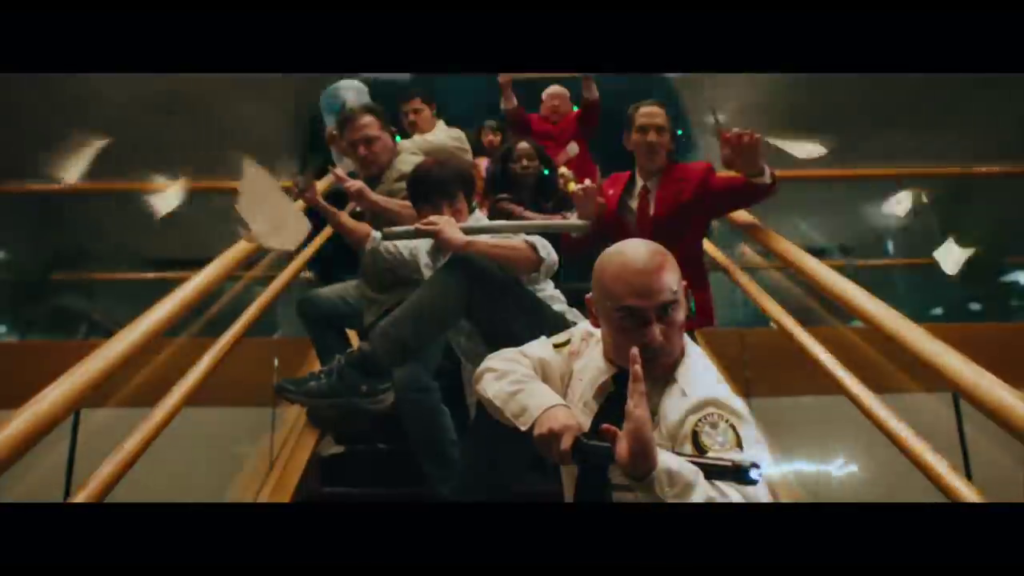
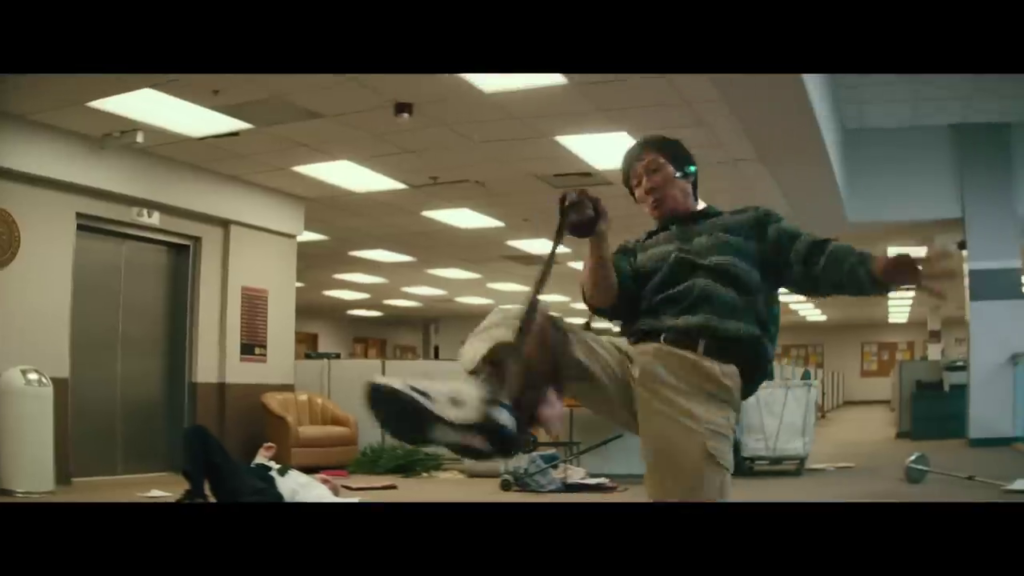
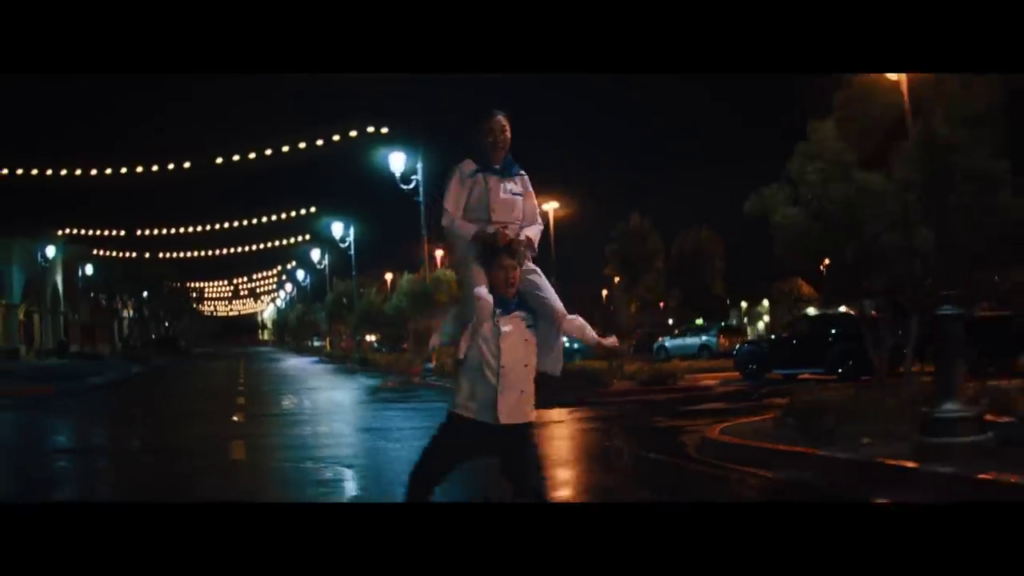
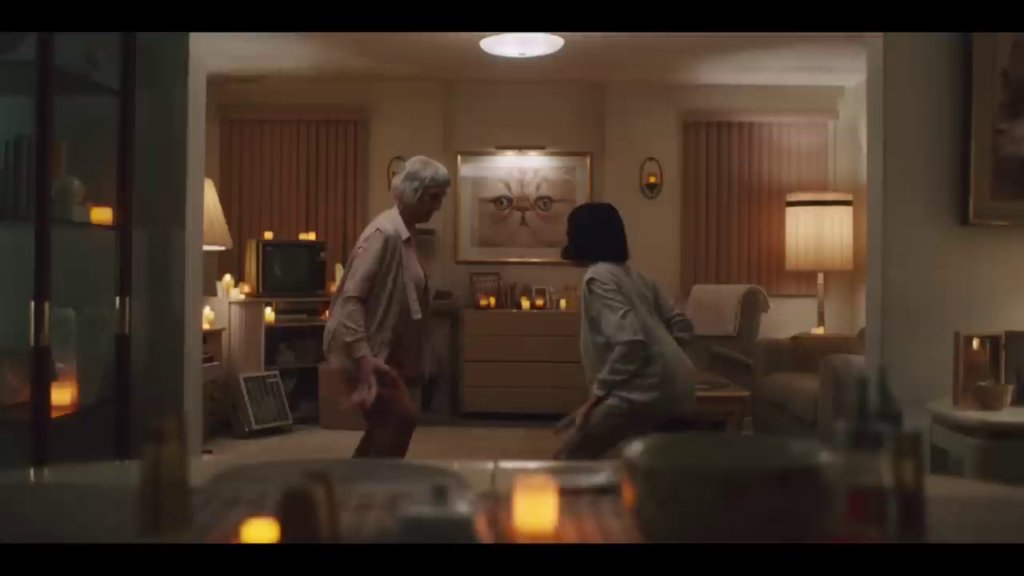
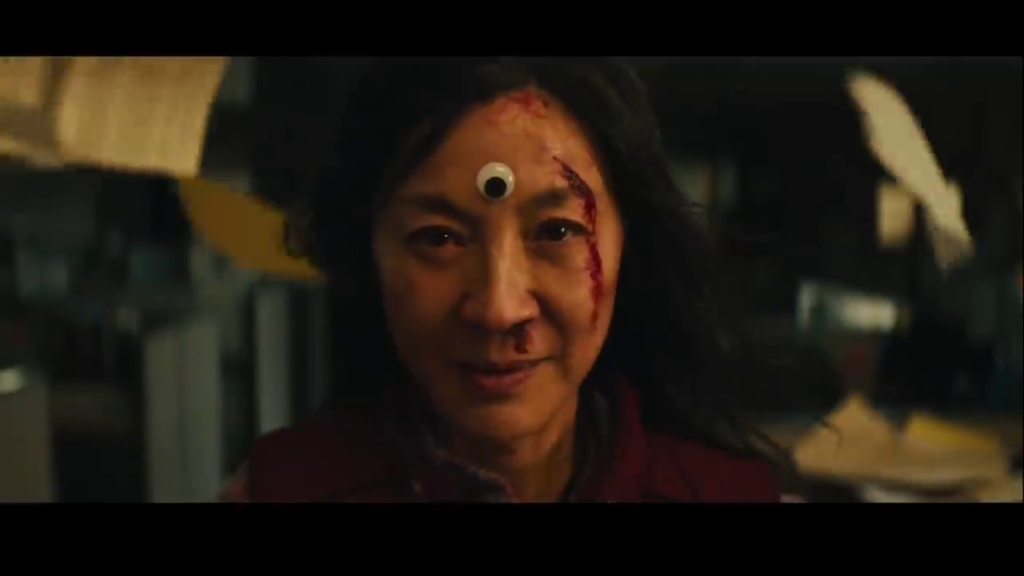
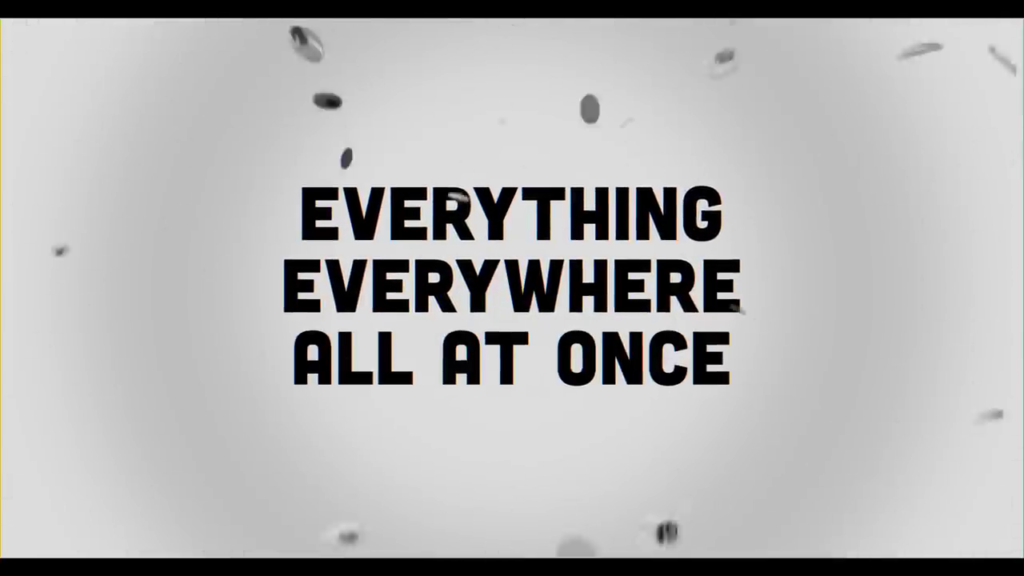
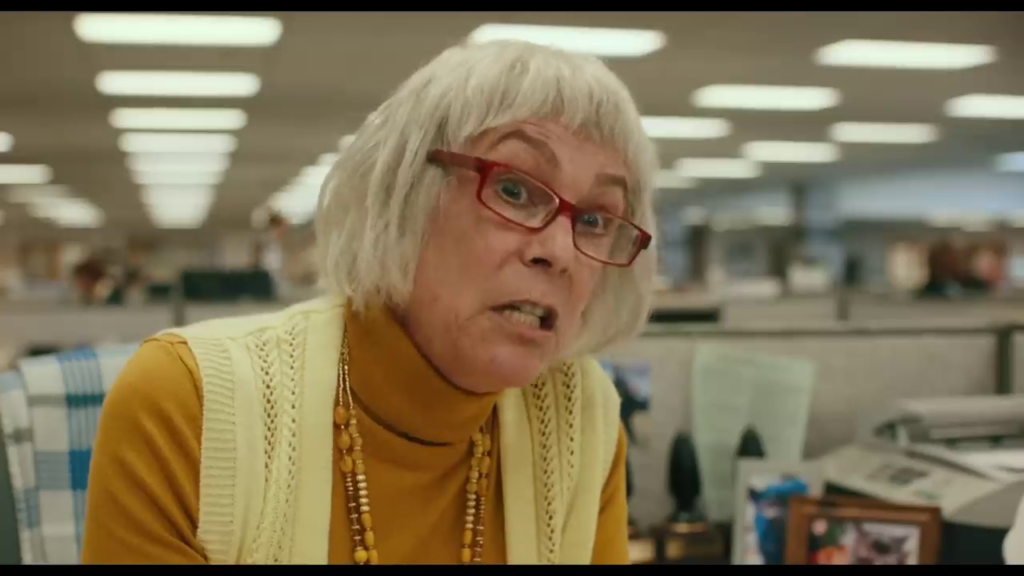
Everything, Everywhere, All at Once (2022)
Film review #582
Director: Daniel Kwan, Daniel Scheinert
SYNOPSIS: Evelyn is an overworked laundromat owner who is preparing for her Father’s visit, an audit by the IRS, among everything else. She is suddenly forced into a battle across the multiverse to save every reality from being destroyed by a nihilistic entity who just so happens to be her daughter…
THOUGHTS/ANALYSIS: Everything, Everywhere, All at Once is a 2002 sci-fi film. The film centres around Evelyn, a laundromat owner who is being audited by the IRS, amongst a host of family issues as well. Evelyn is suddenly pulled into a battle to save the multiverse, and must tap into the possibilities of the different versions of herself to stop an evil entity from destroying everything. Operating on a number of different levels and perspectives, the film is inherently chaotic, and it is designed to be, but has specific themes and relationships that ground the film and provide an entryway into the story. Perhaps a few of these can be boiled down into very typical relationships and problems, but maybe that’s what makes them relatable and meaningful; I think your mileage may vary. Nevertheless, the film has a quick pace and packs a lot into it’s two and half hour runtime. Being a film about the infinite possibilities of existence and jumping between different realities, it would be quite easily to leave a viewer confused, or have the film get bogged down in technical jargon and exposition: fortunately, the film manages to keep its pacing and energy while setting itself up for the viewer, and switching around the different realities and revealing things in a piecemeal fashion help keep the film going.
In terms of characters, Evelyn as a role was made for Michelle Yeoh: it showcases her acting talent across all the different genres and roles she has done over the years. she takes on all the different roles she has to play effortlessly, while also retaining the everyday core of her character that is just trying to manage a business and her family. The rest of the cast too are solid in their roles that are uniquely carved out for them, and are a bit of stability in contrast to Evelyn’s constant flux.
Credit should be given to the writing of the film that balances the right amount of entertainment, drama, action, and emotional moments that are switched between to avoid the film becoming too bogged down in any particular details. The film makes it simple enough to go along for the ride, but also provides some powerful emotional moments that hit when you least expect. The film does wobble a bit near the end, where I don’t think it sets up the climax of the film as such, because the film has had so much energy and motion that you don’t realise that this is where everything is coming to a head, and not just another step somewhere else. The philosophical clash between a humanist existentialism and a nihilistic meaninglessness has some weight to it at the end, but it’s not something explored throughout the film so it feels like you’re getting a pay off from everything you experienced. Part of that is intentional: that out of all the different possibilities and realities, what matters is the seemingly drab one that you inhabit, and because everything is valid (in other universes), then no single one is more meaningful than the other. As mentioned, some of the themes and characters are boiled down to rather simple positions or outlooks by the film’s end, but these are all minor gripes about a film that does so well with so many things, and turns in solid performances from the cast, as well as navigating a host of different themes: keeping things interesting for casual movie-goers, while also not being afraid to delve deeper into heavier subjects when necessary. Overall, Everything, Everywhere, All at Once is a high energy mix of films that nevertheless relies on a careful arrangement of it’s parts so it doesn’t fall into a giant mess. Being able to sustain interest and attention across the runtime thanks to solid performances, fun action scenes, and emotional moments that pull you back in. A few missed beats around pacing and oversimplifying certain positions don’t upset the overall impact of a film that both opens itself to the infinite possibilities of existence, while still making the here and now matter.
